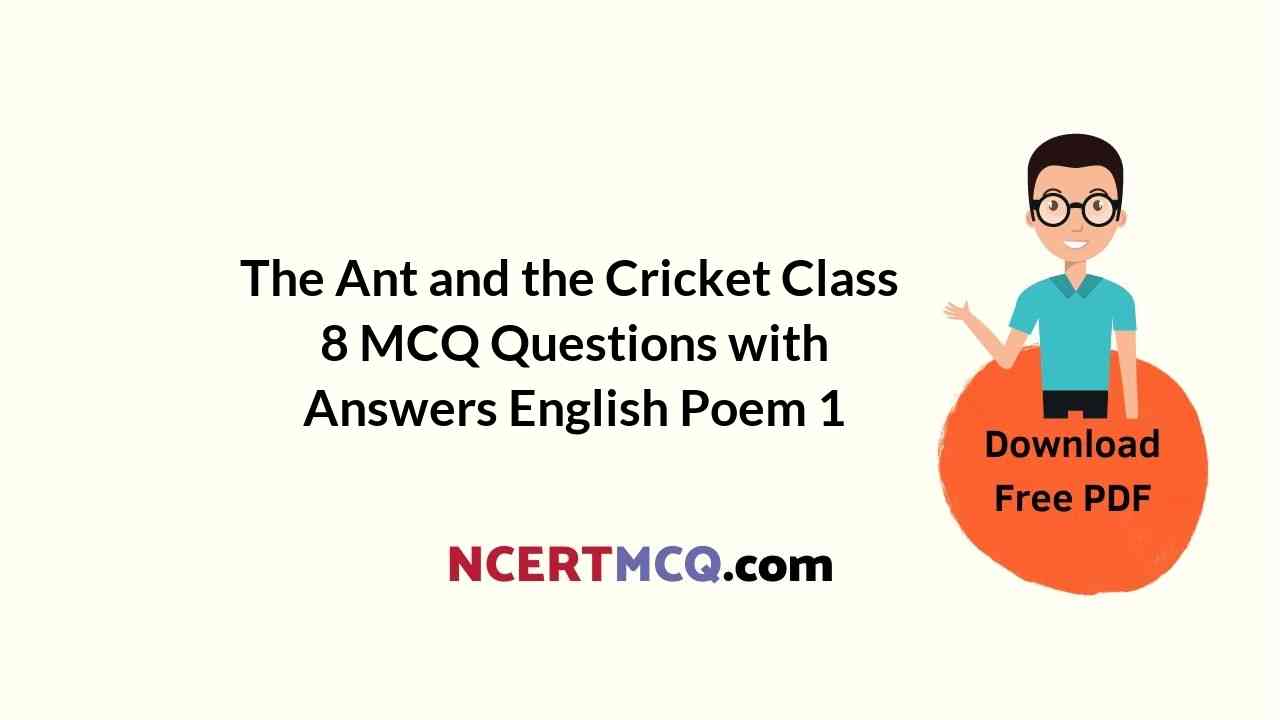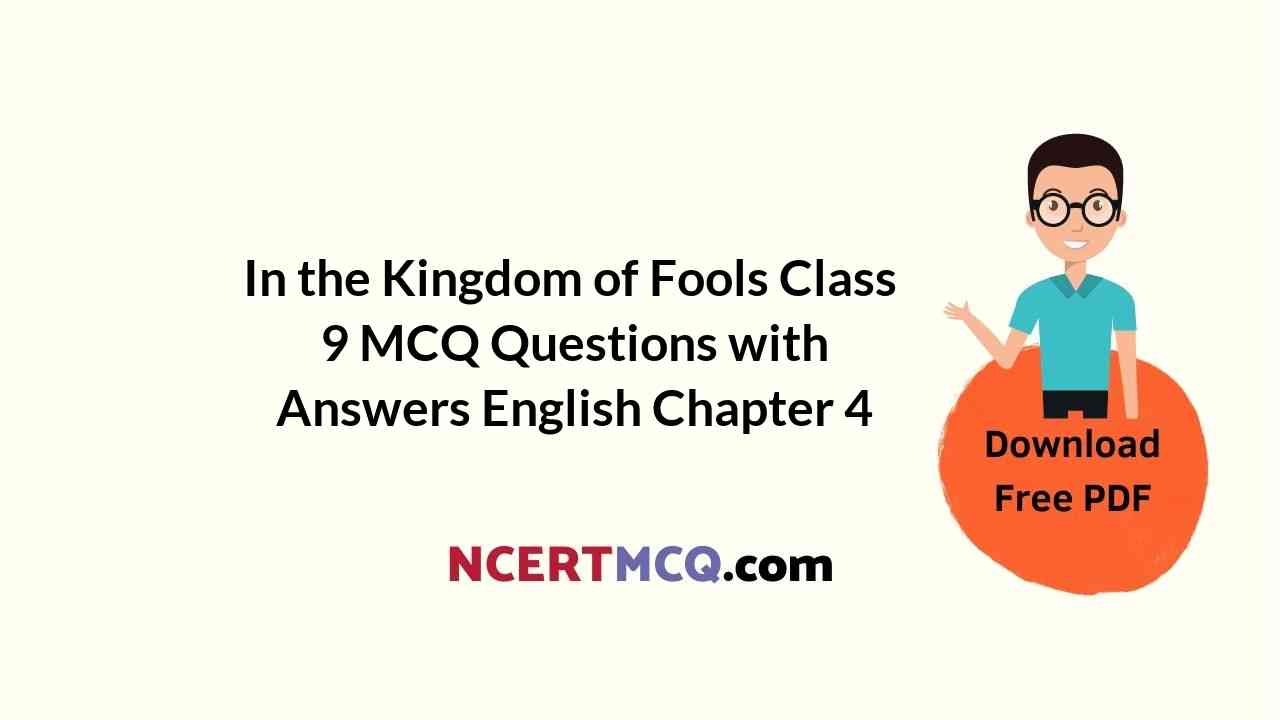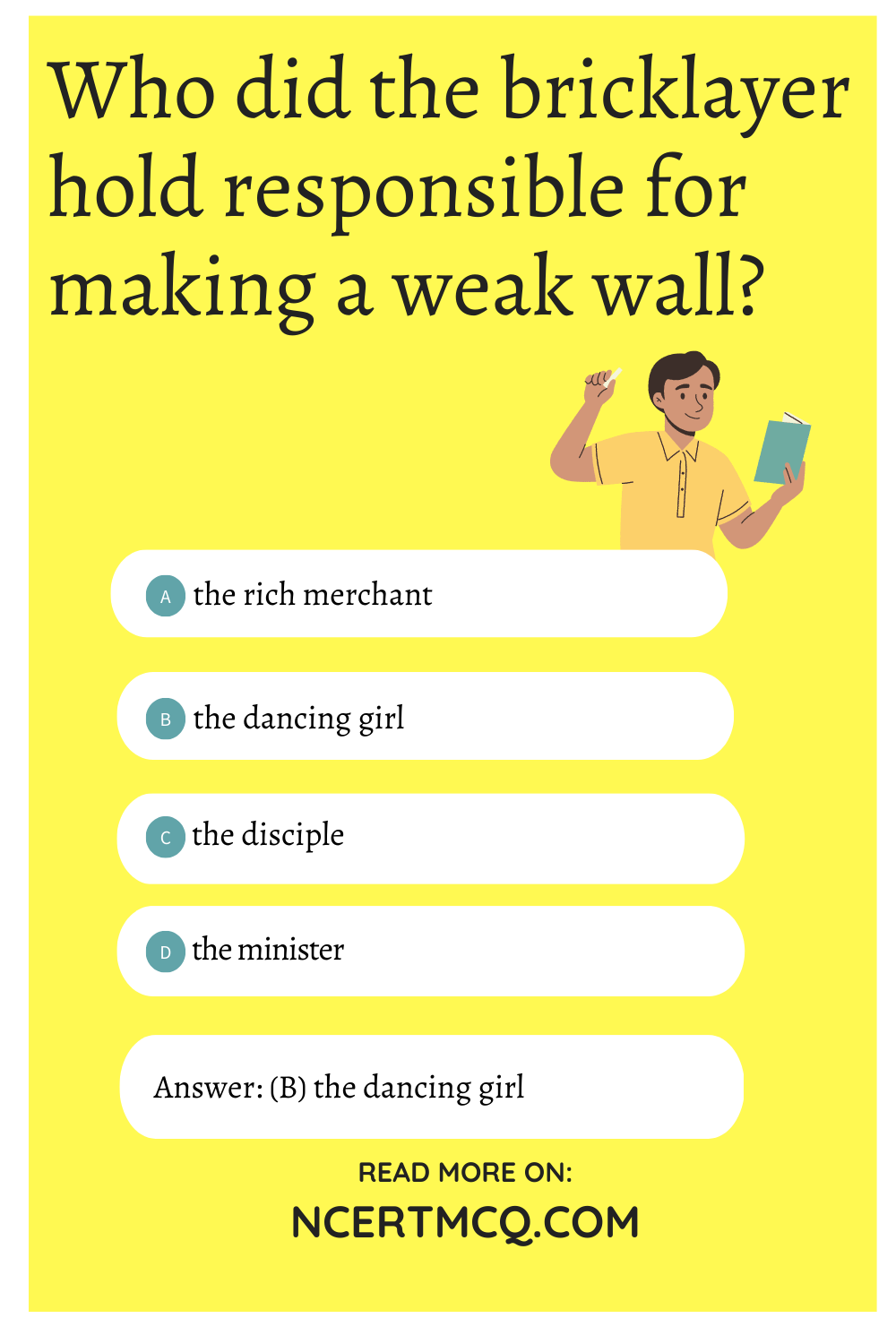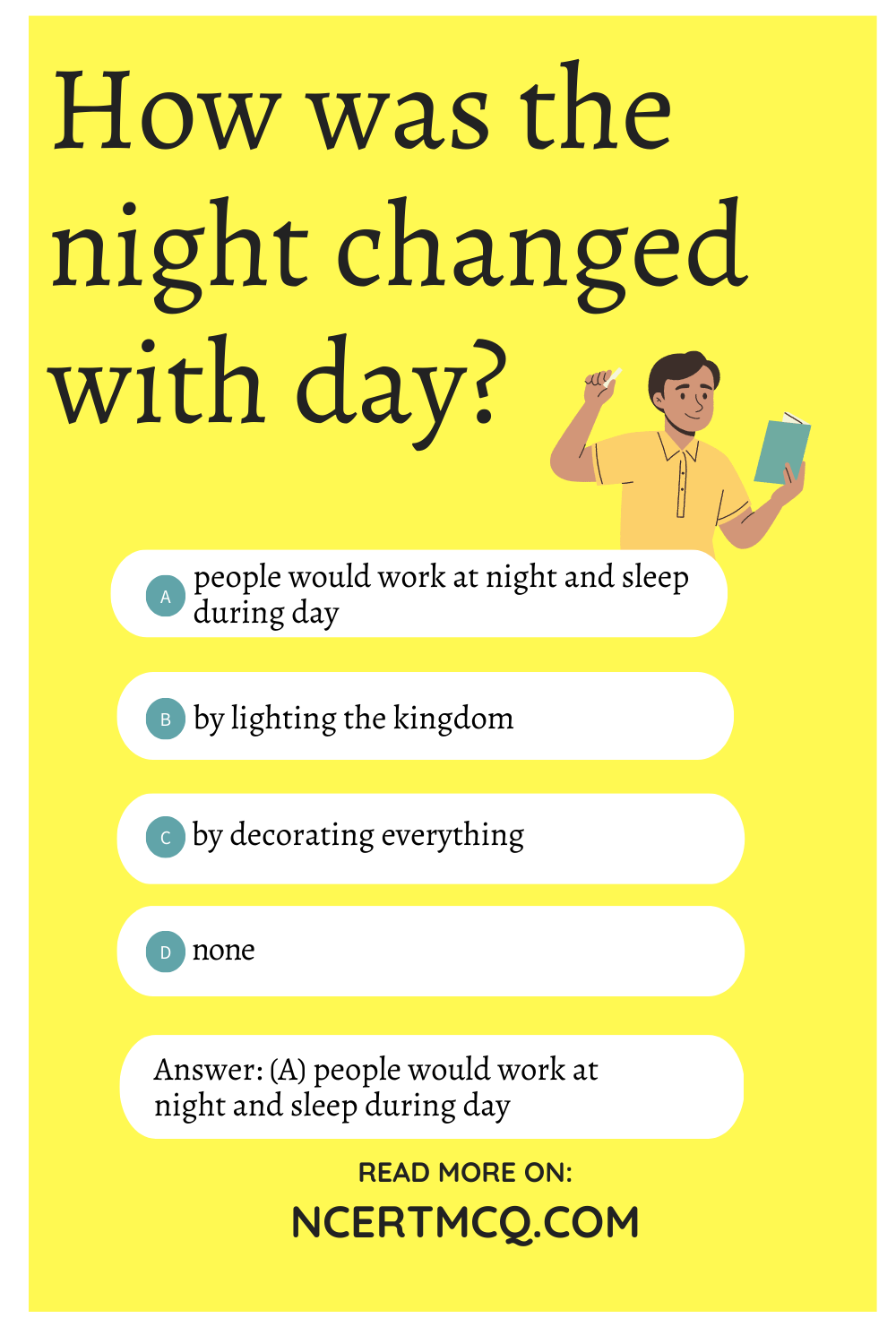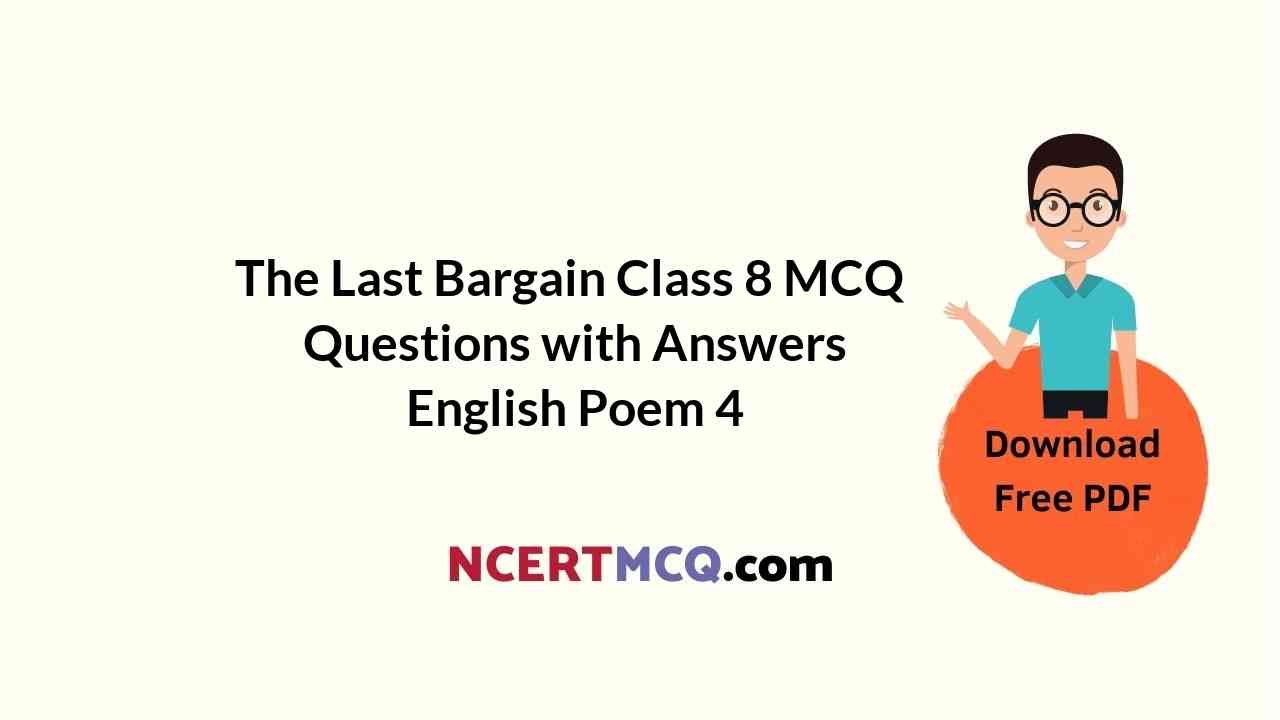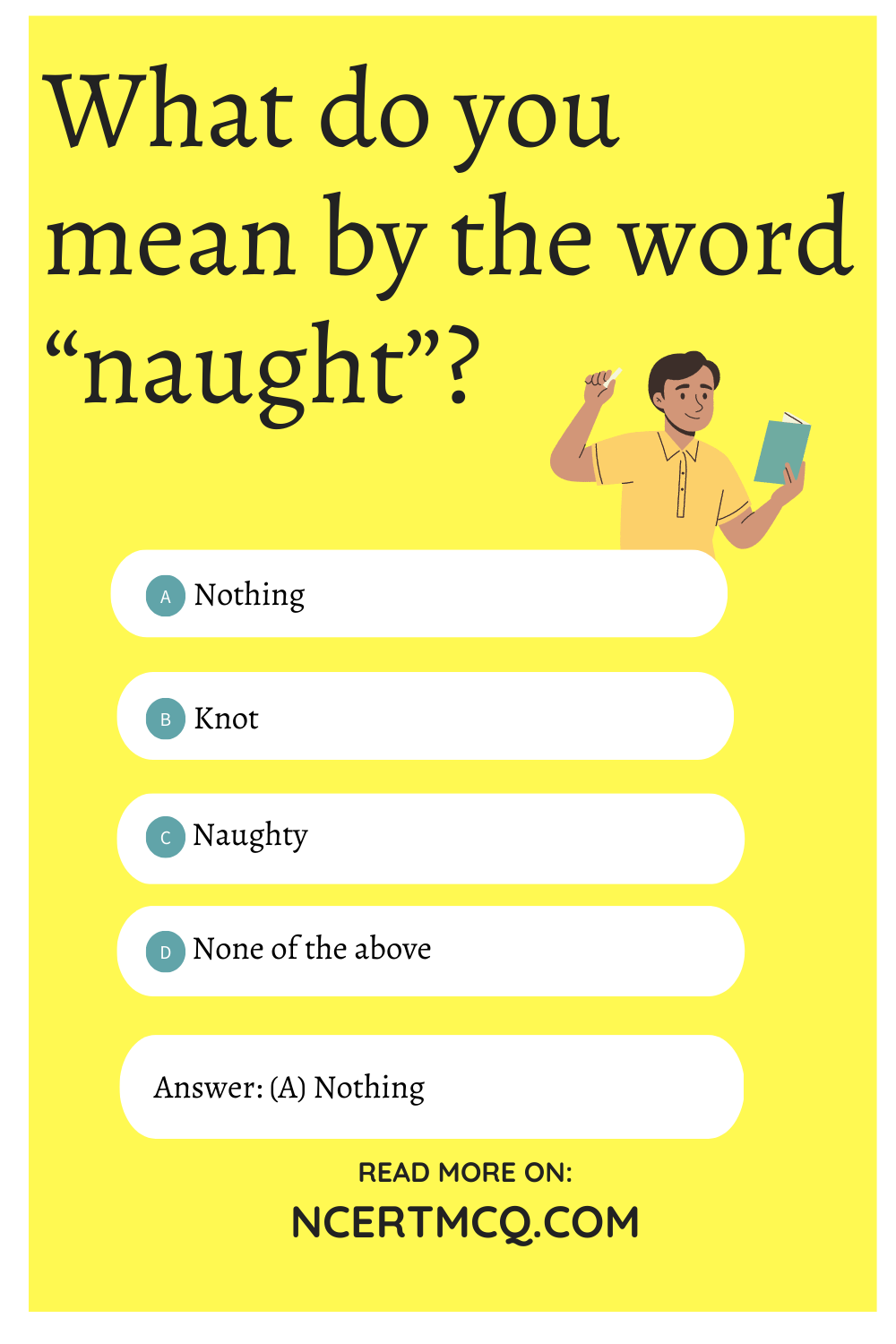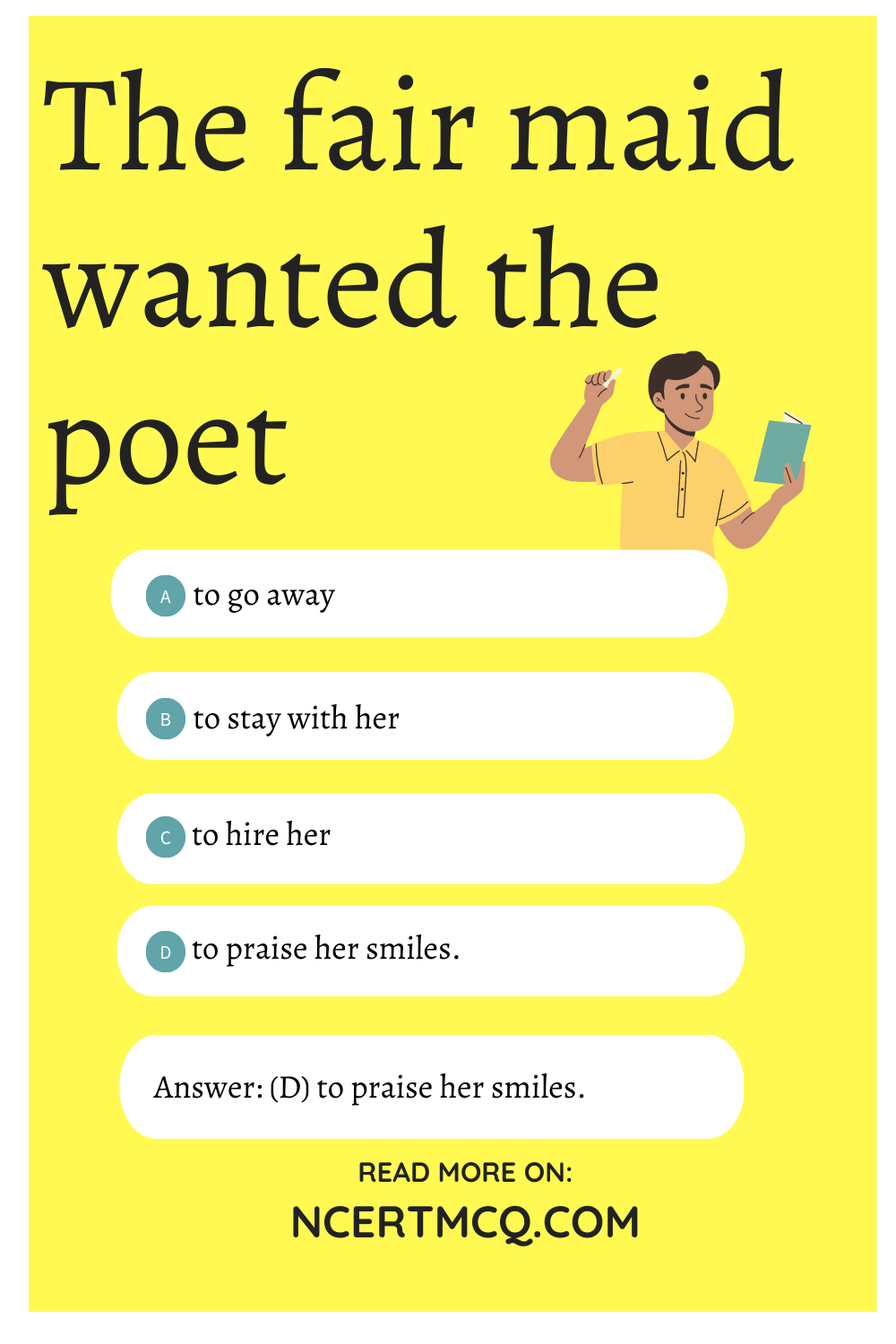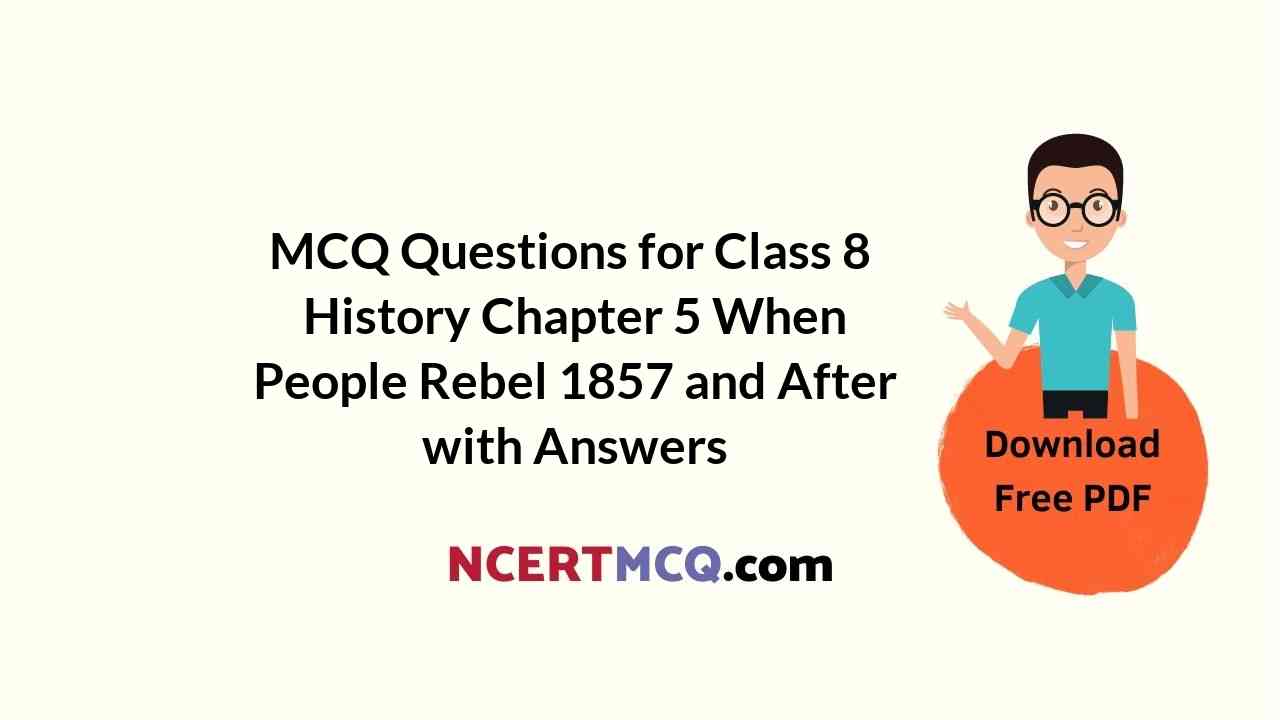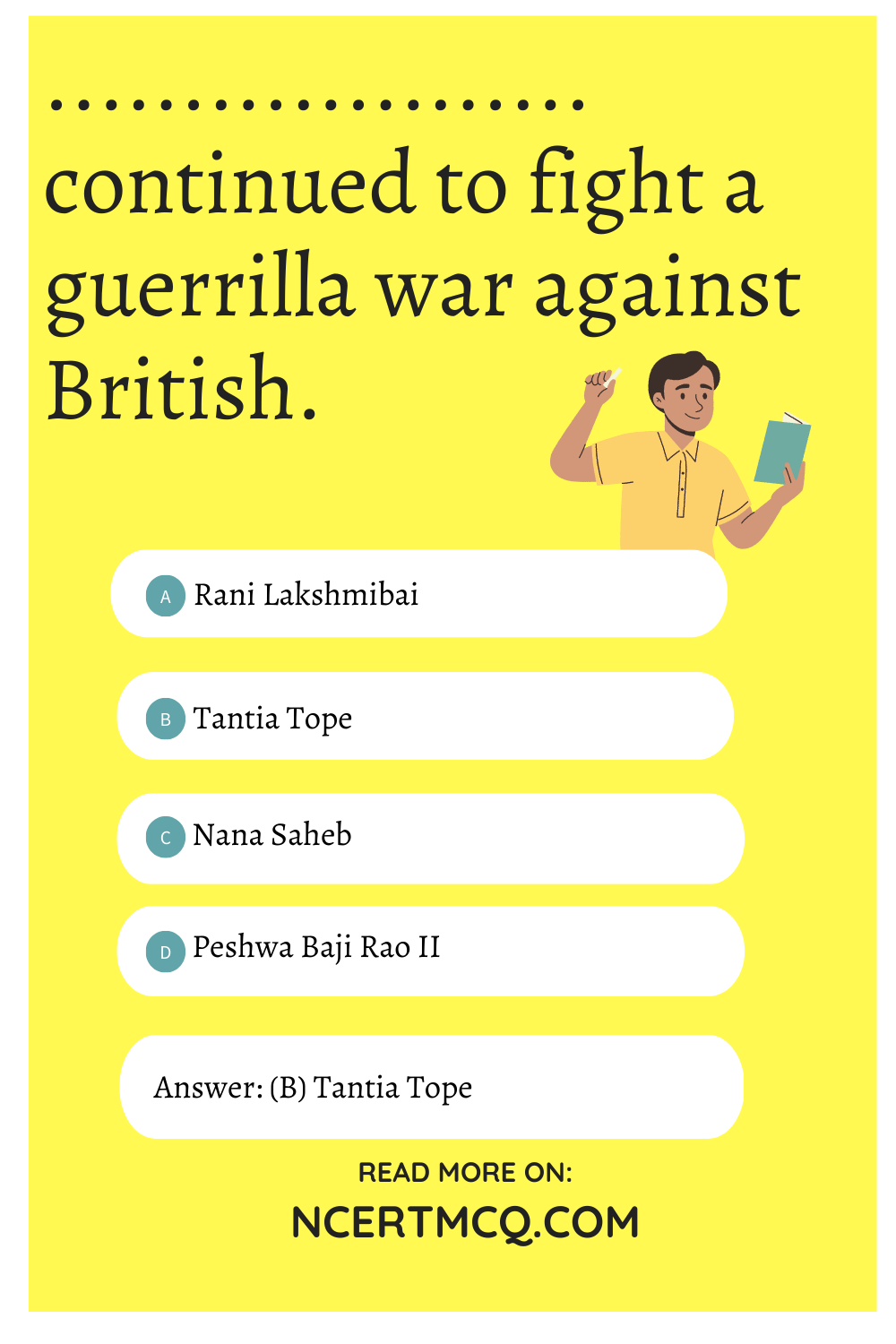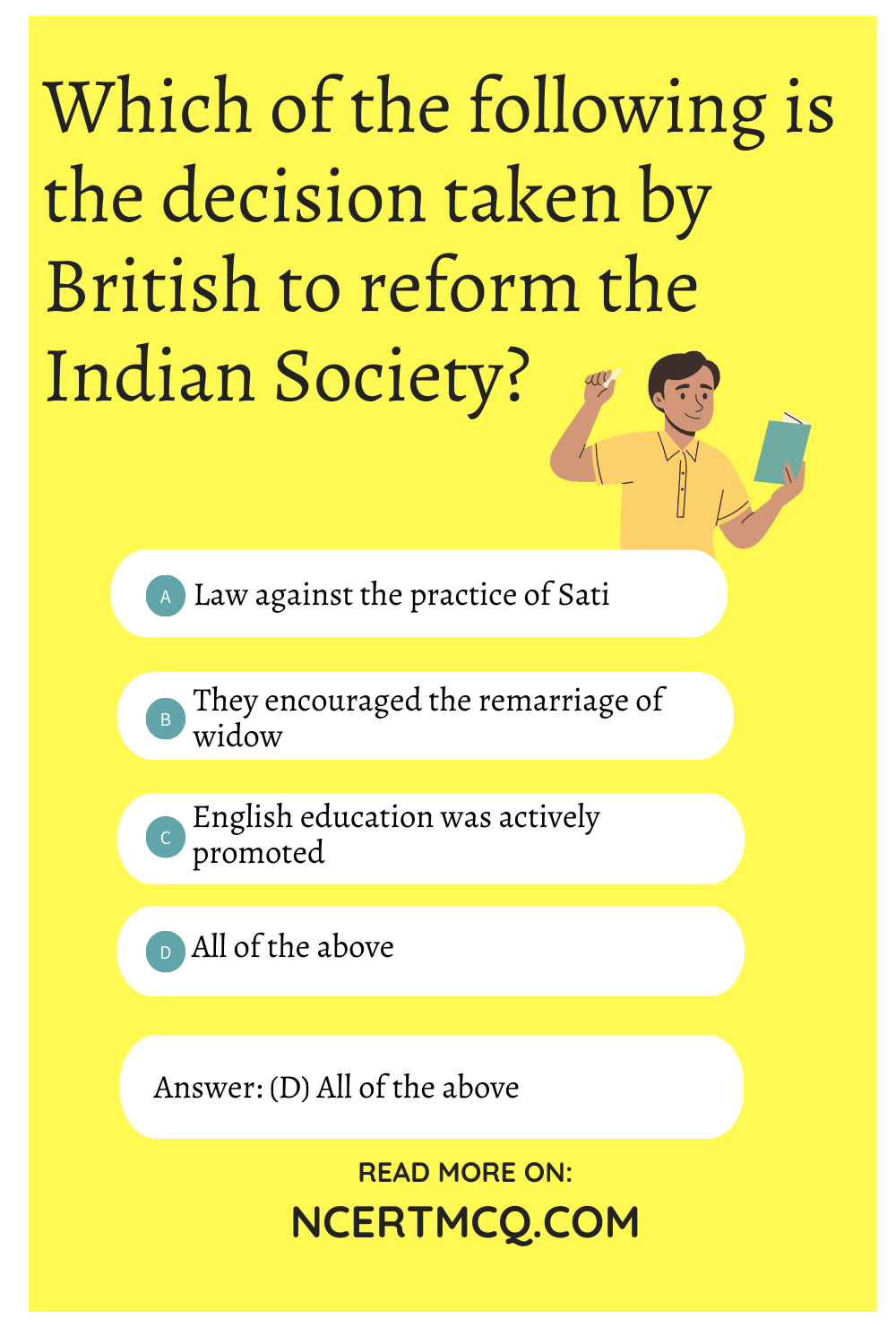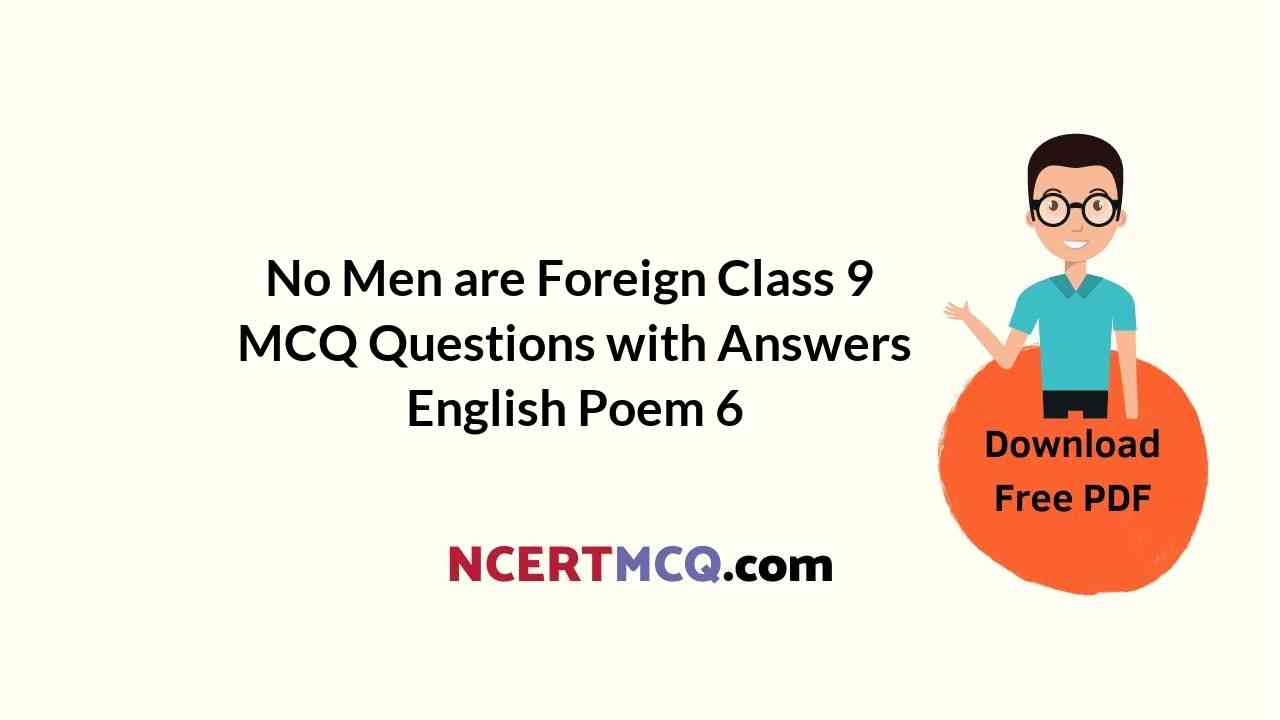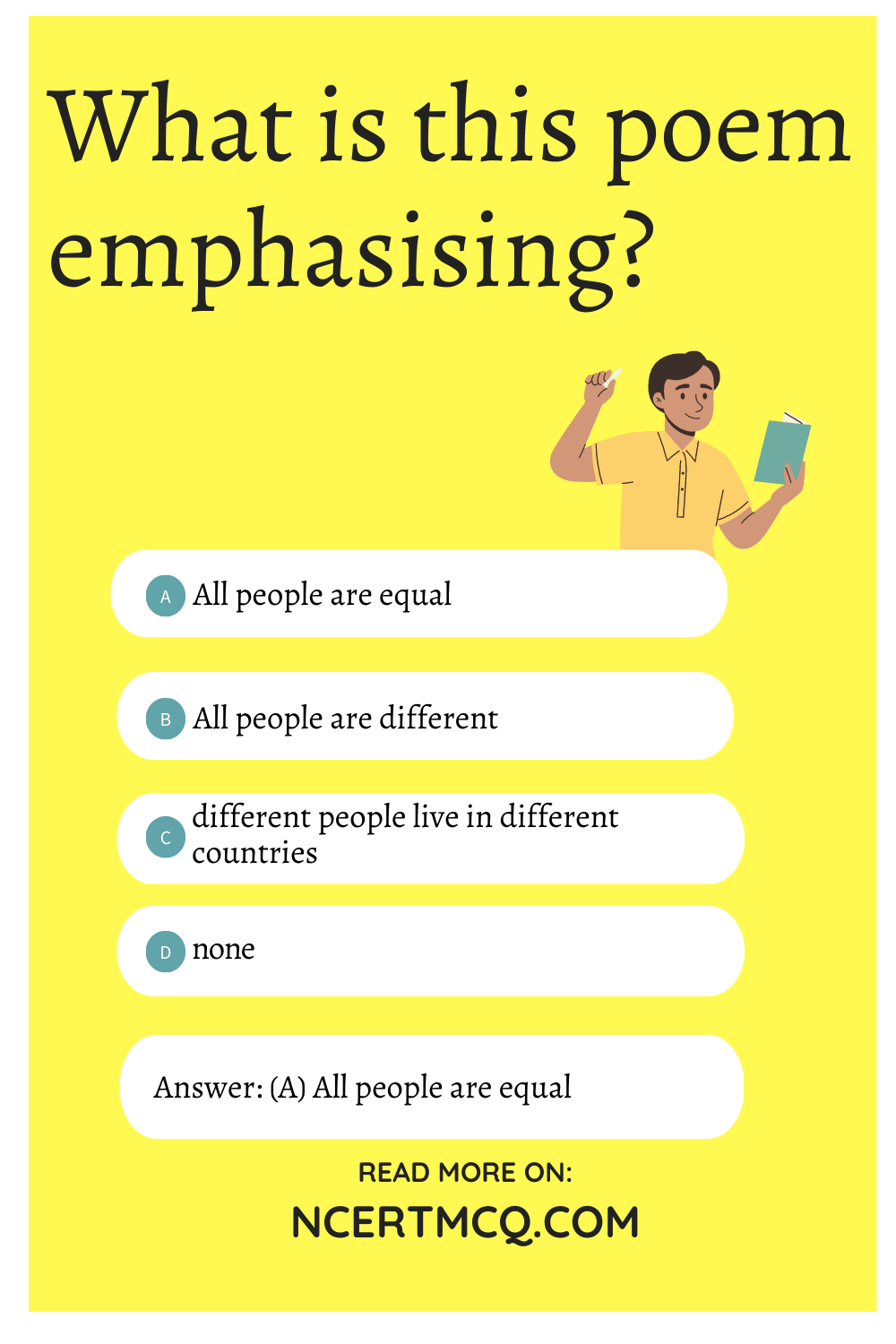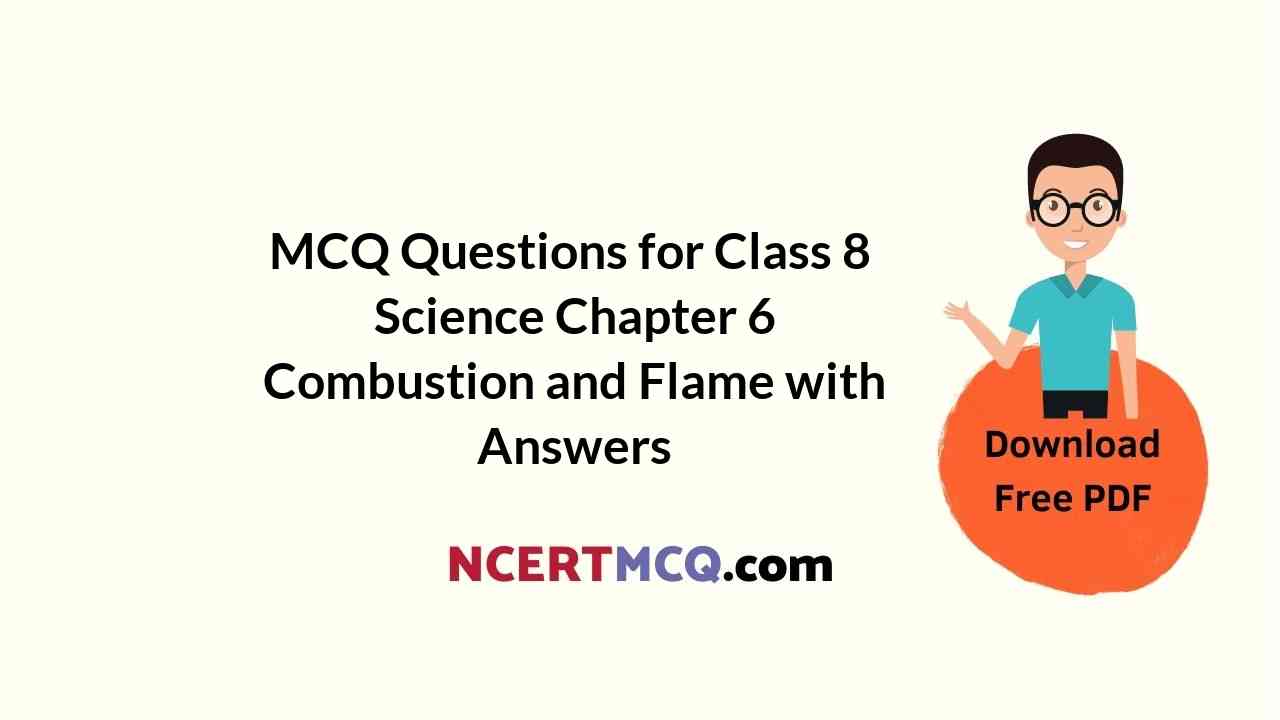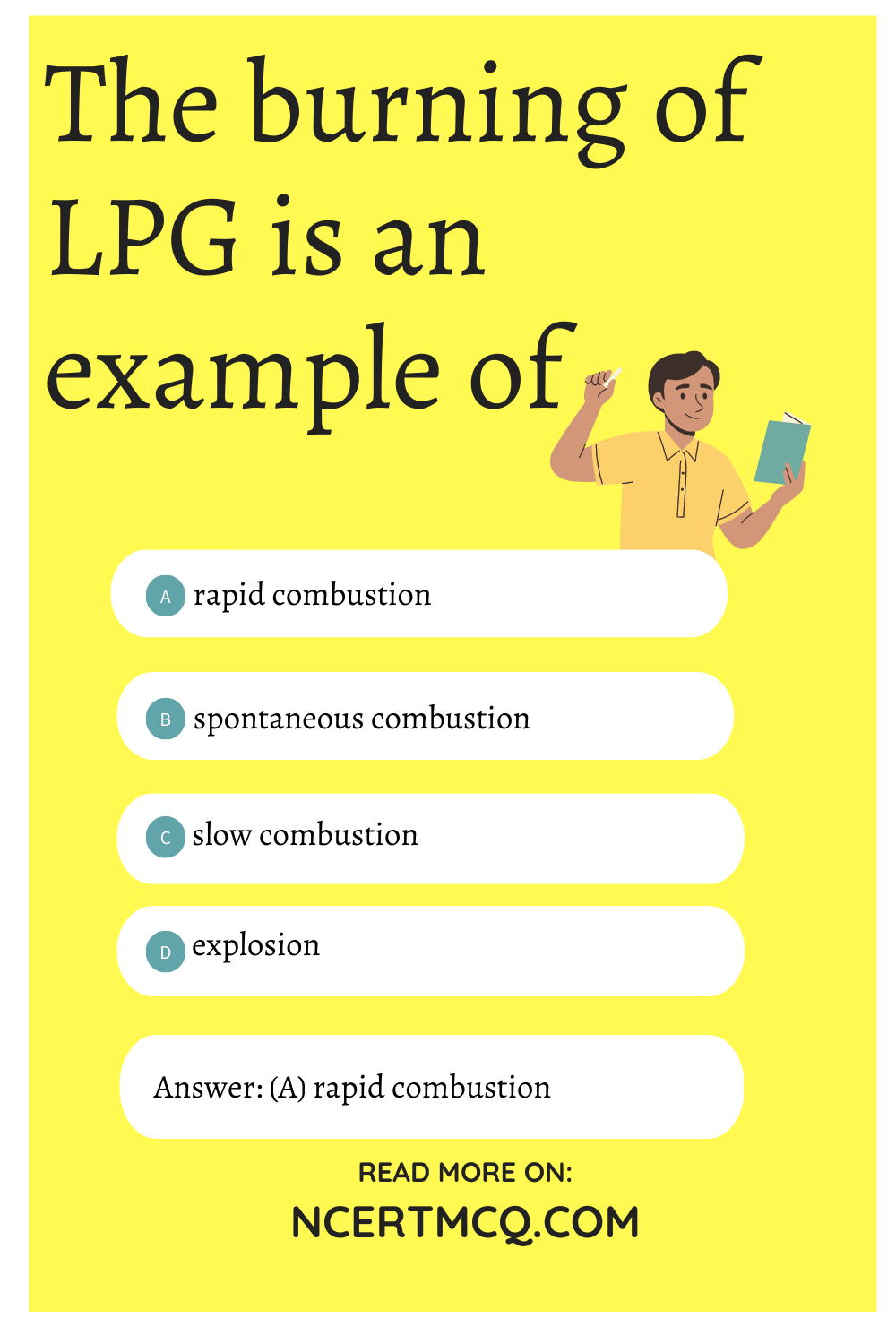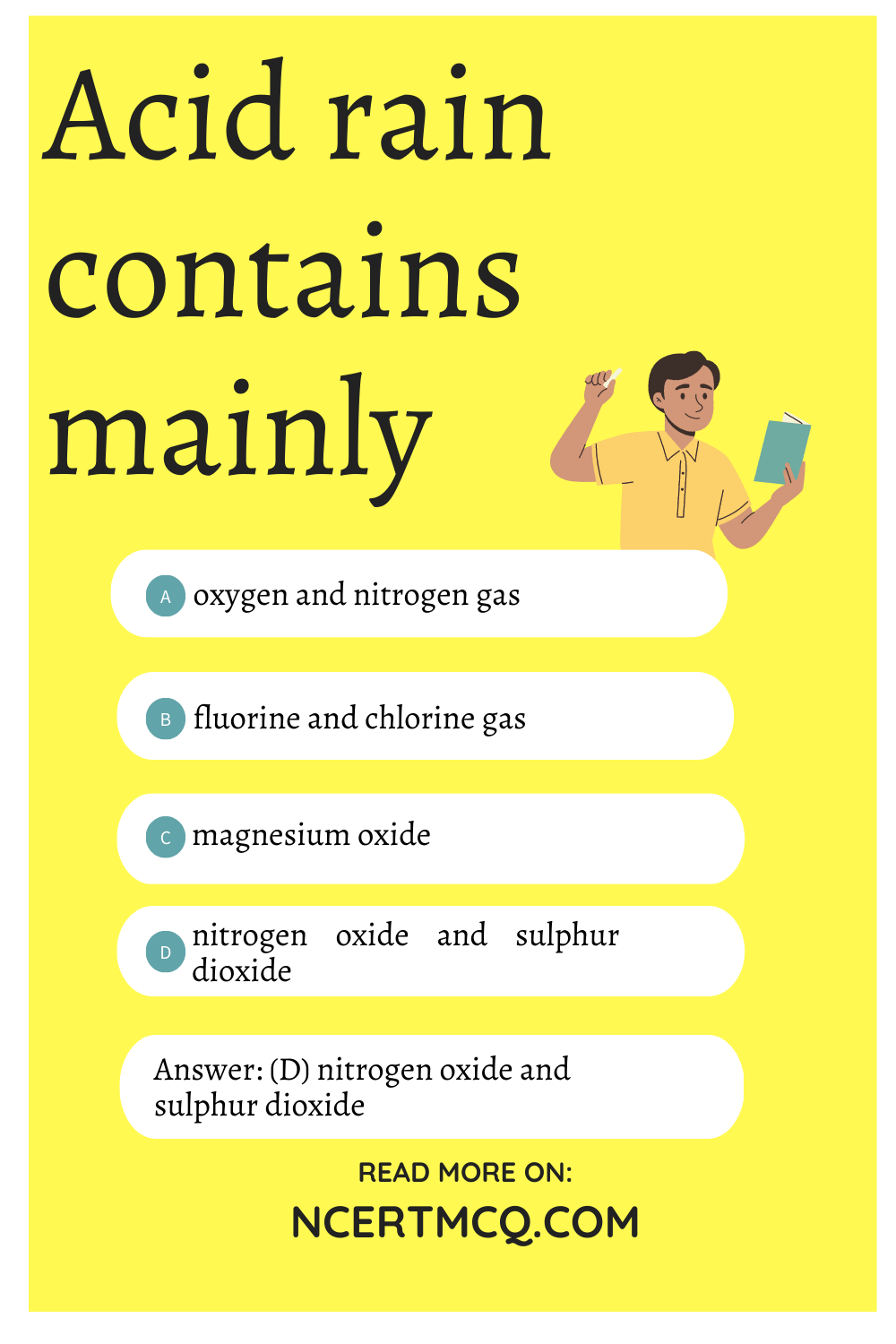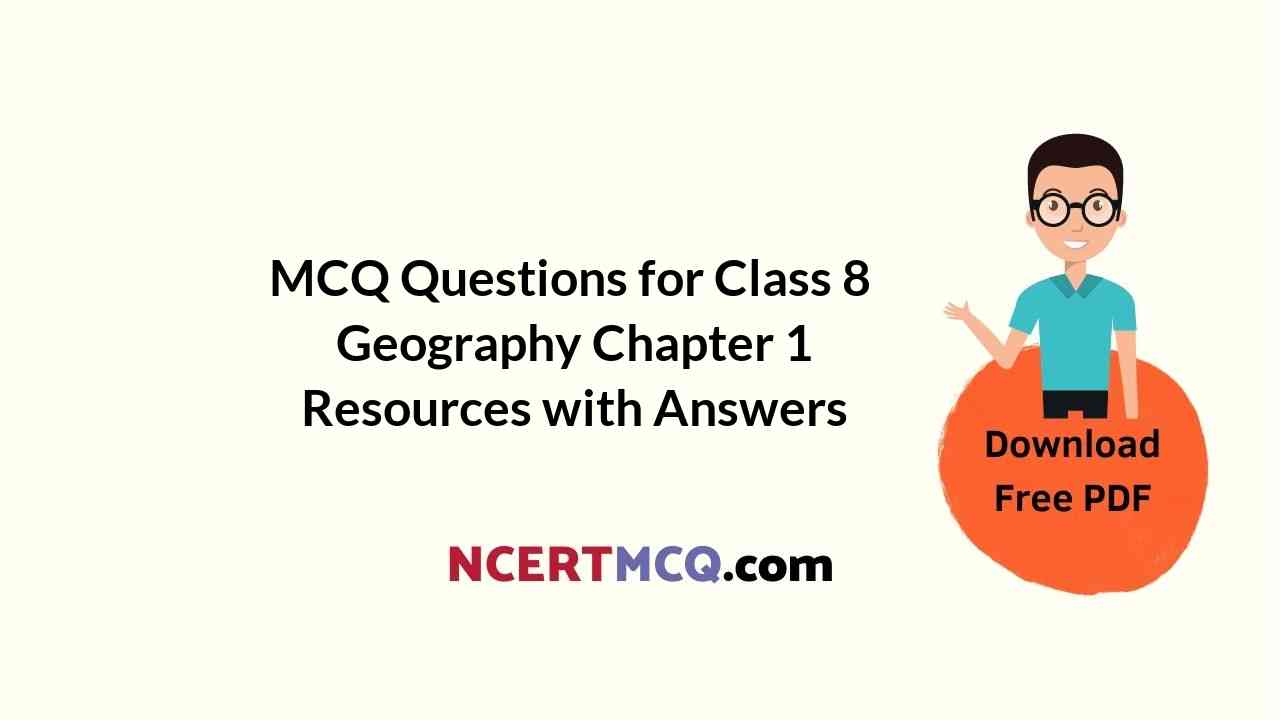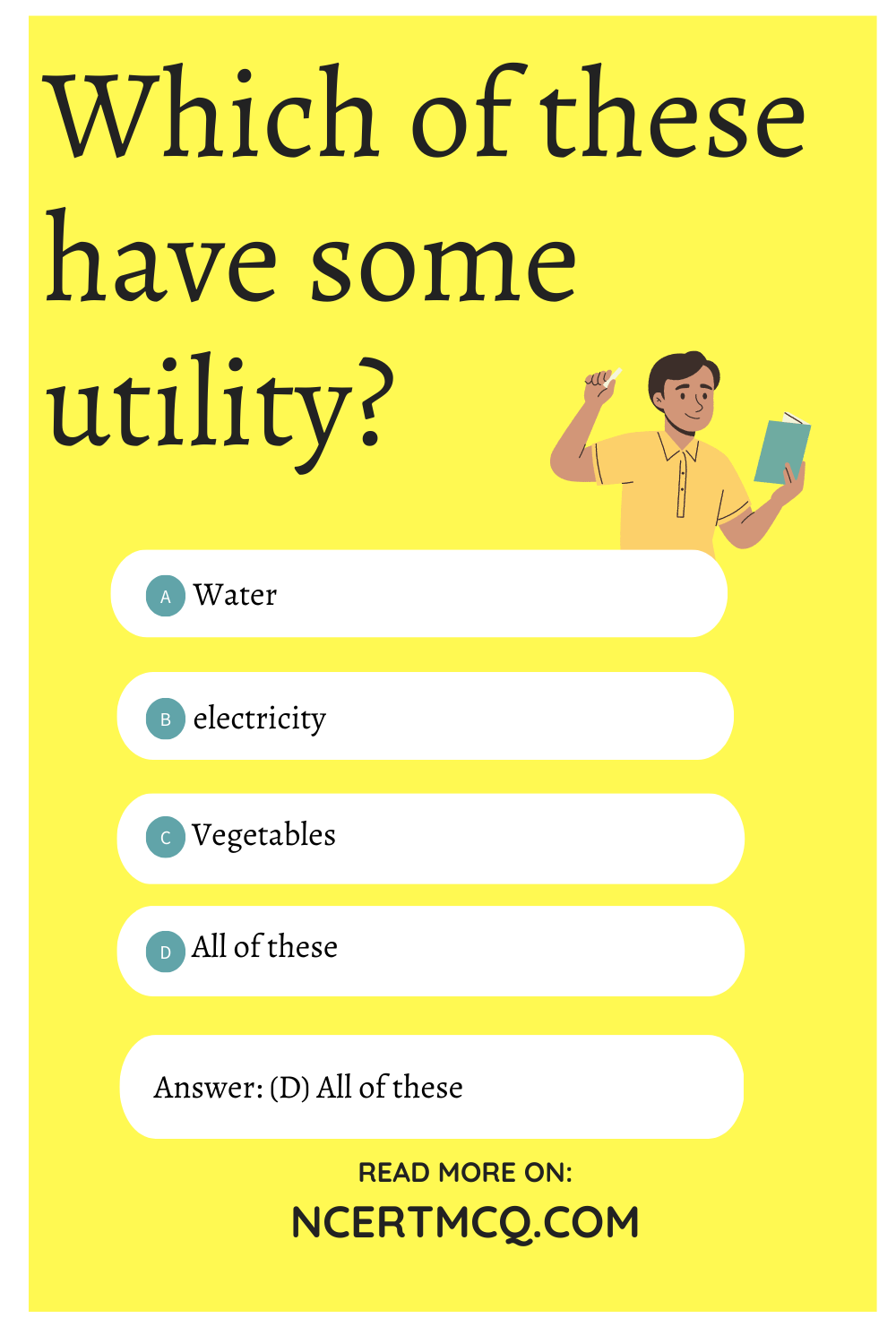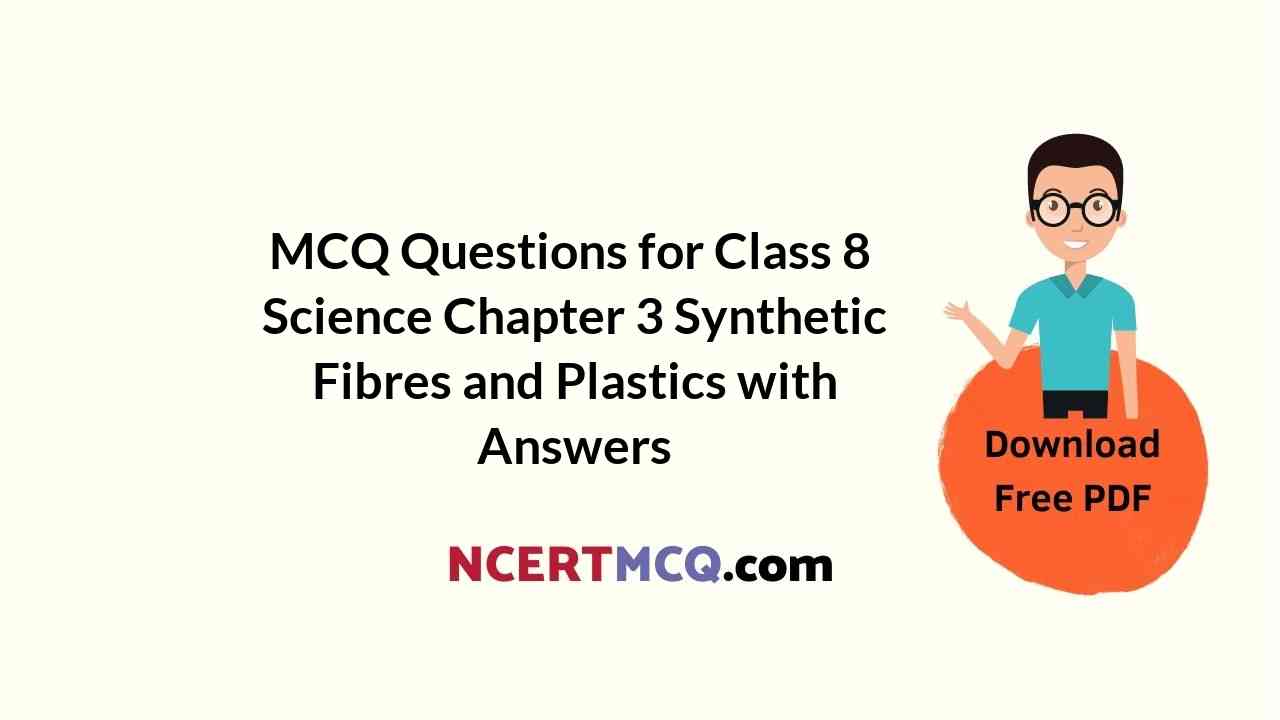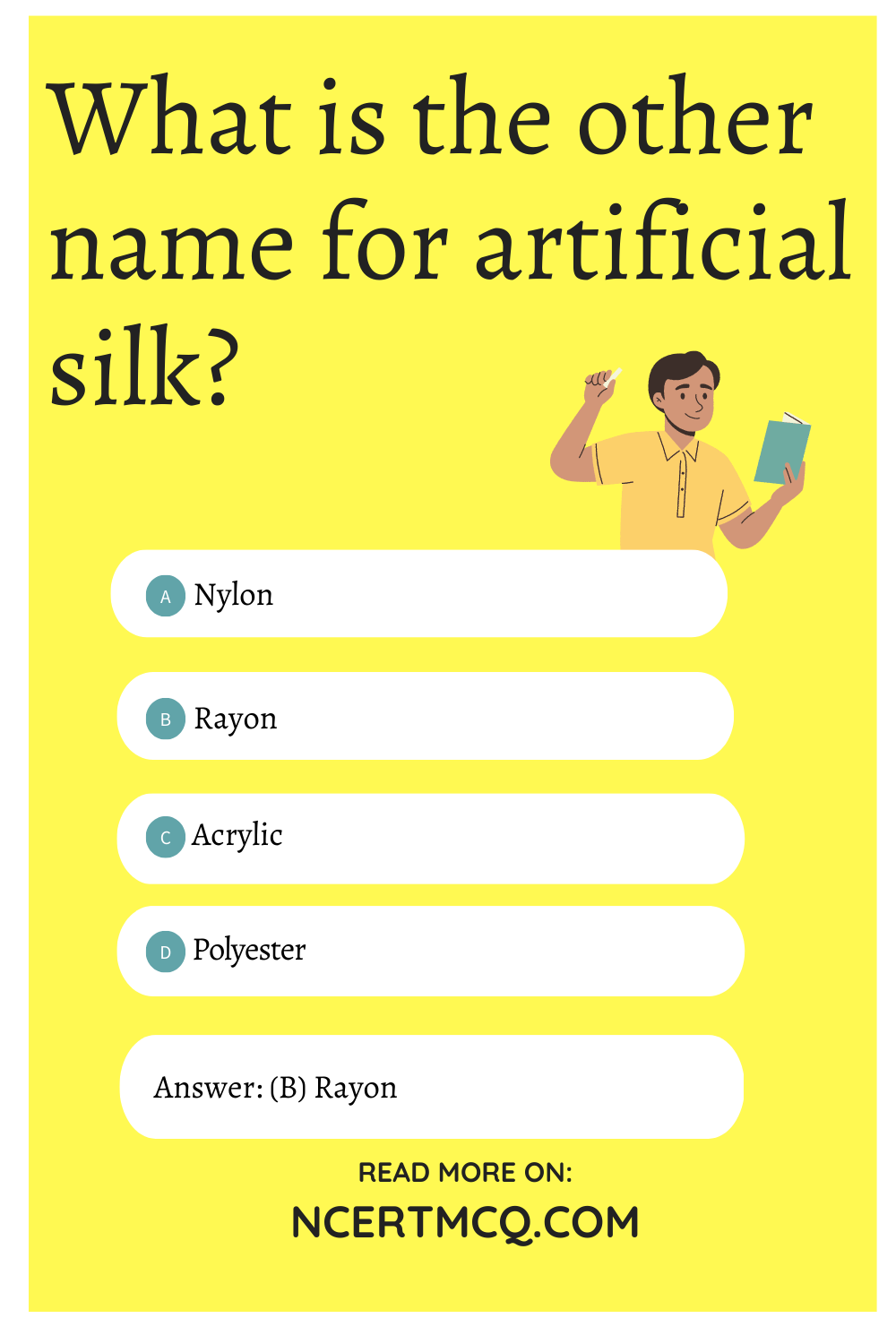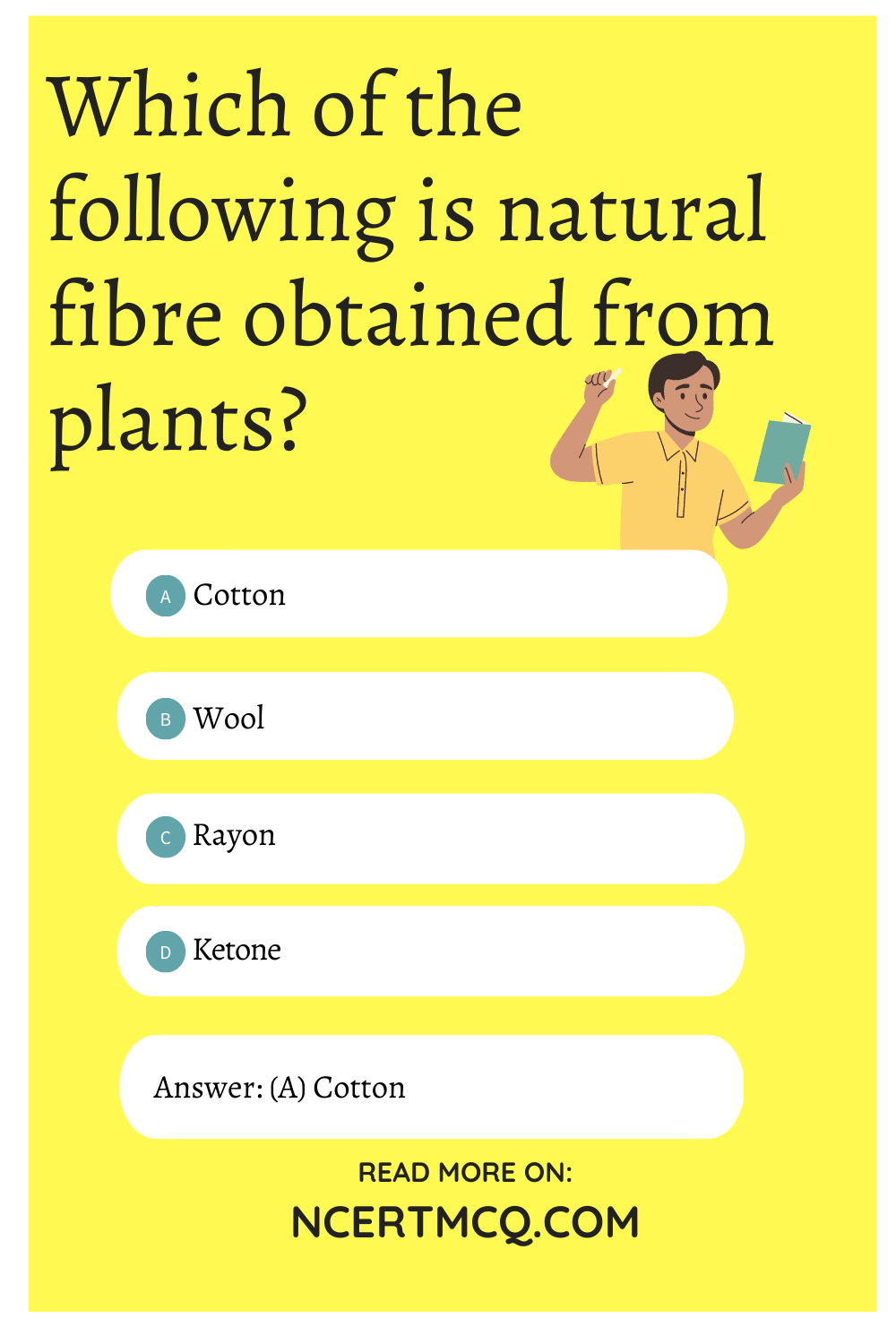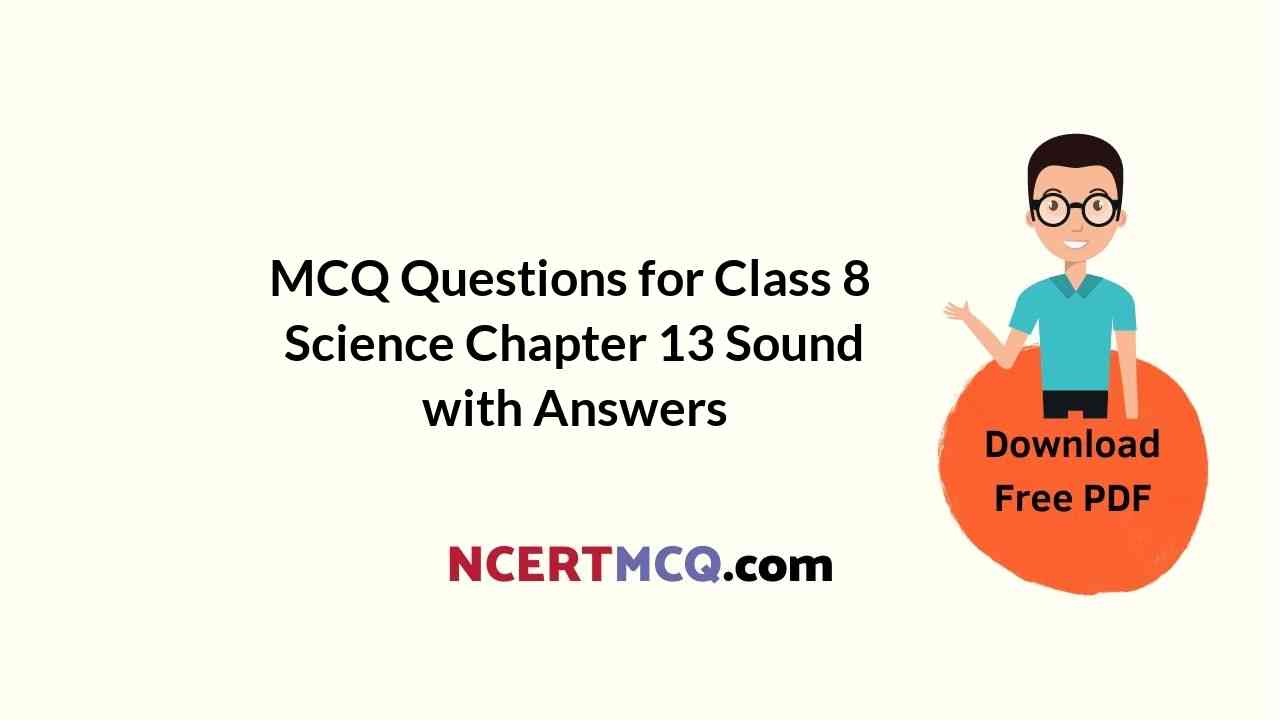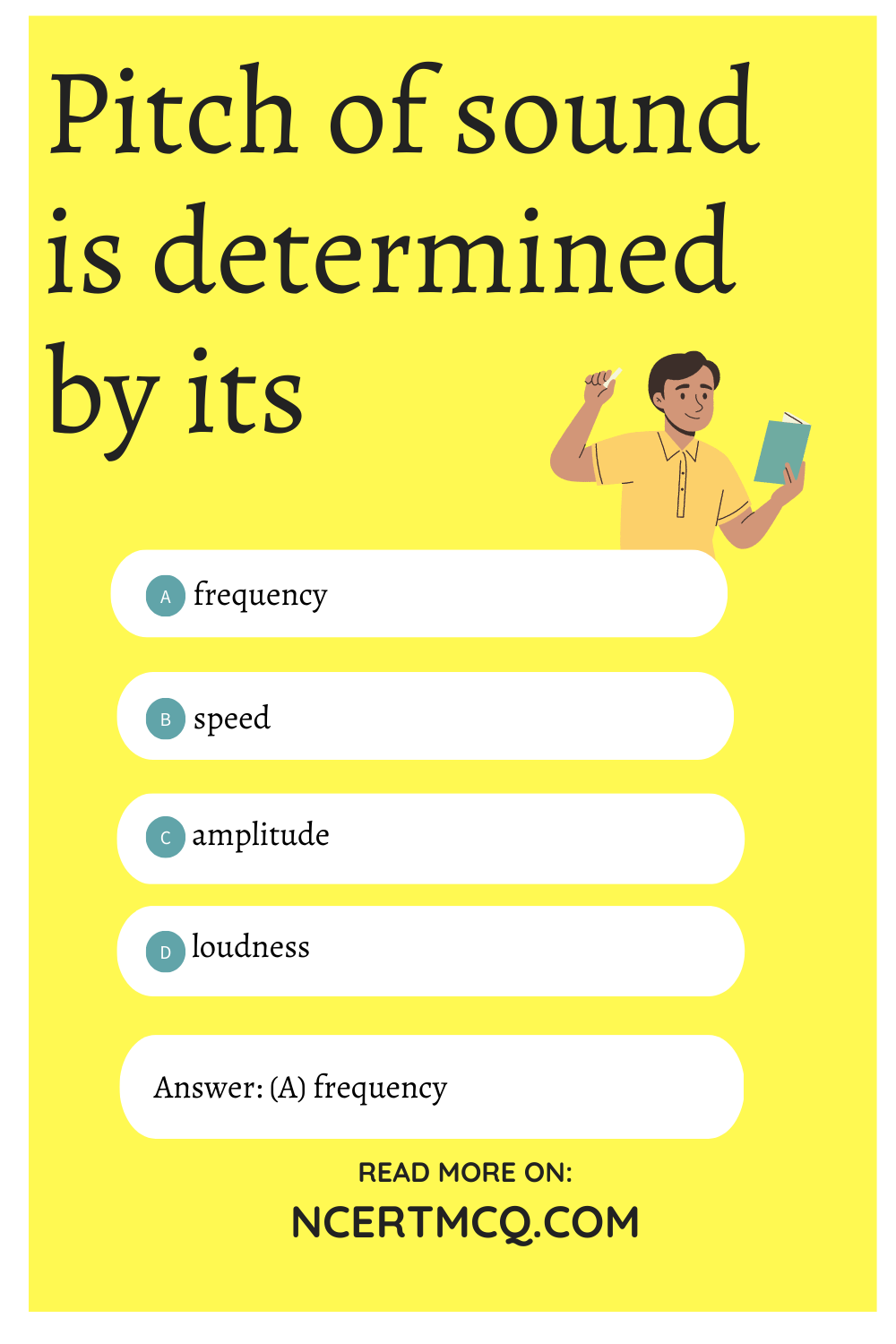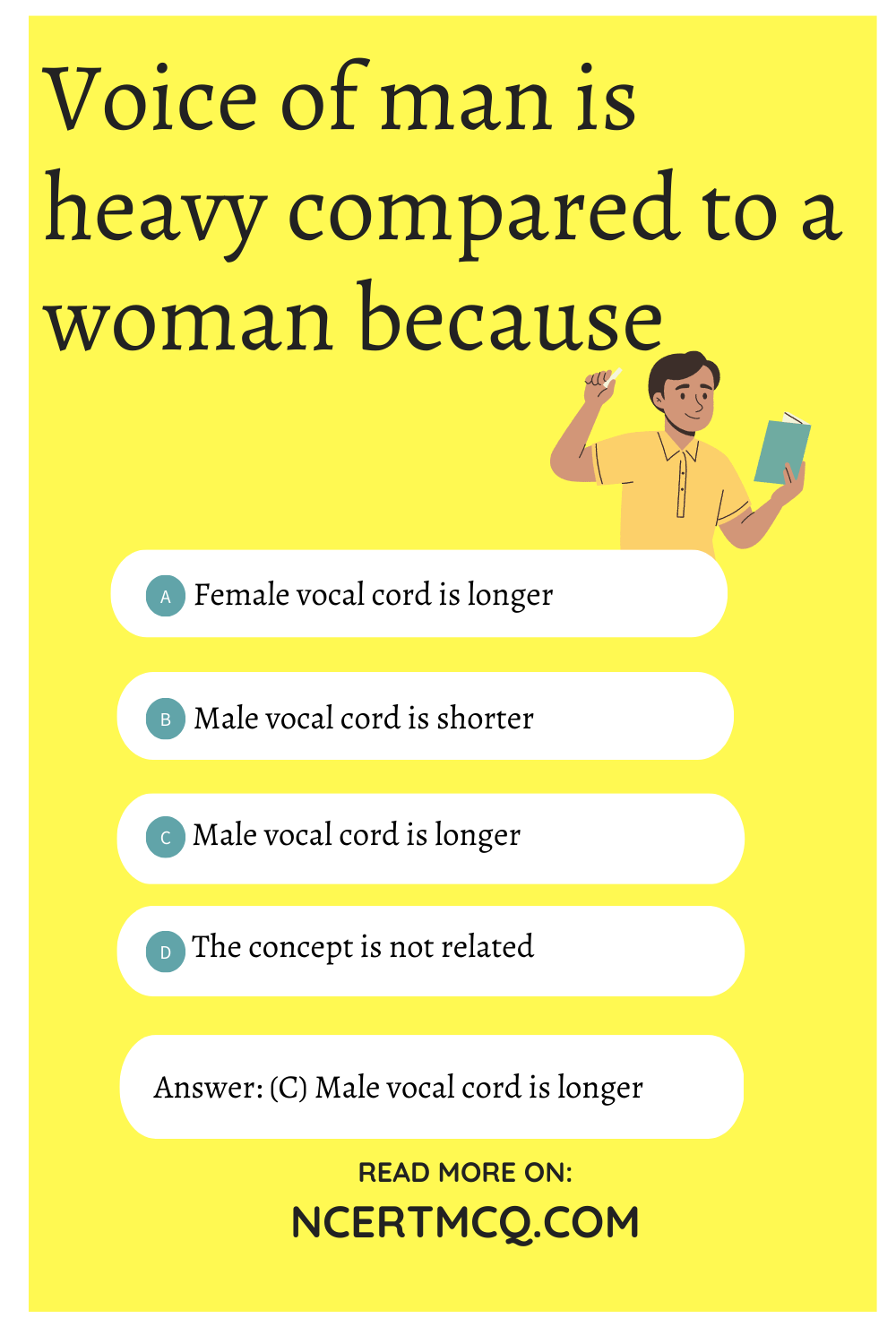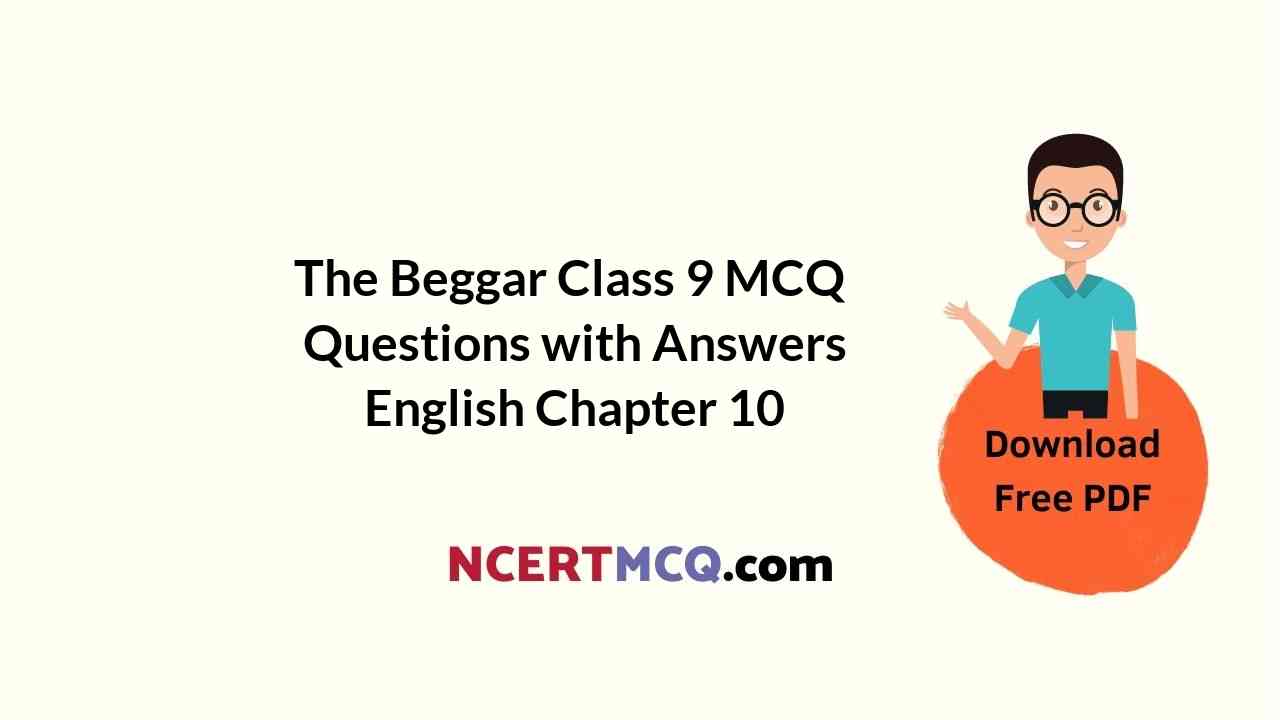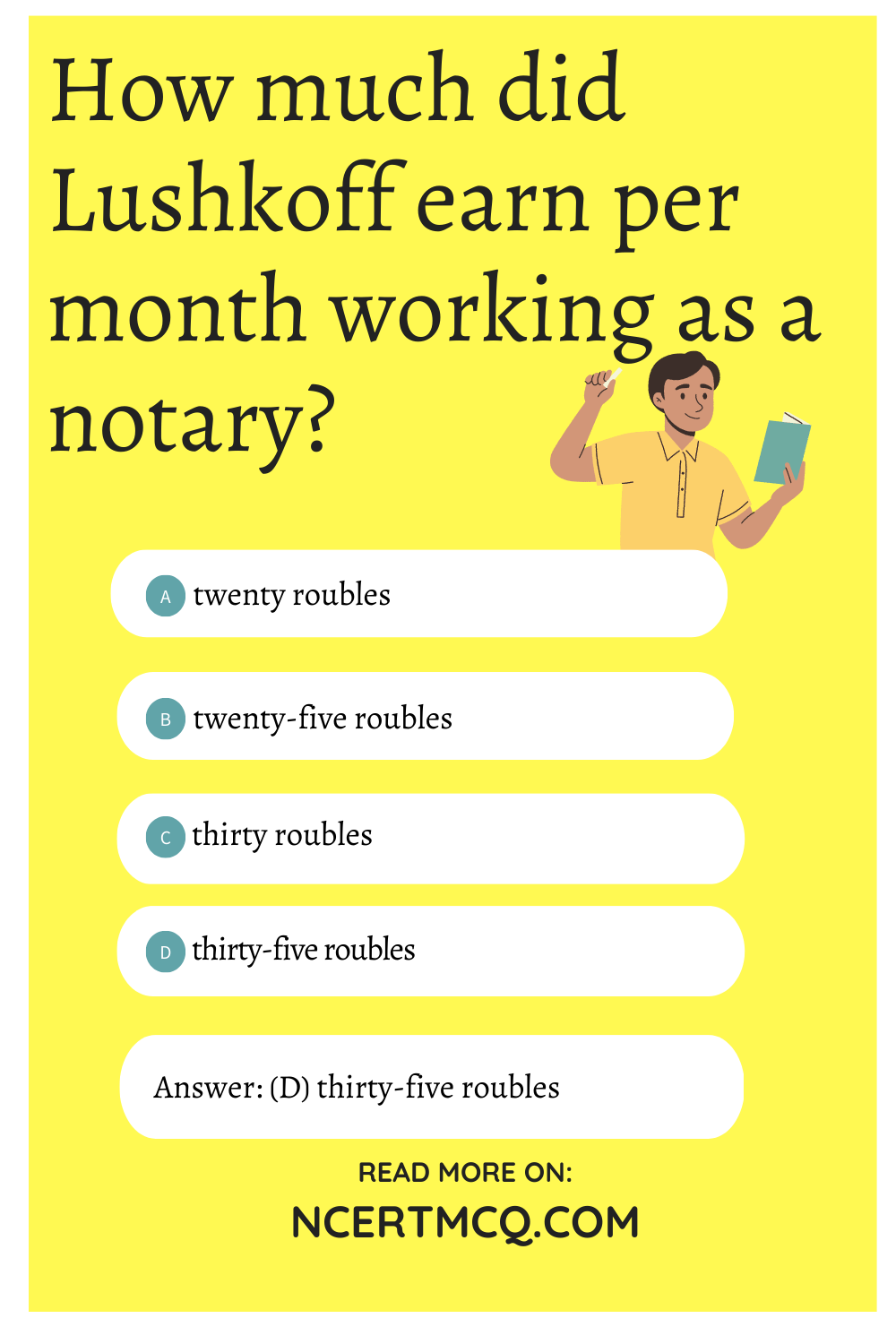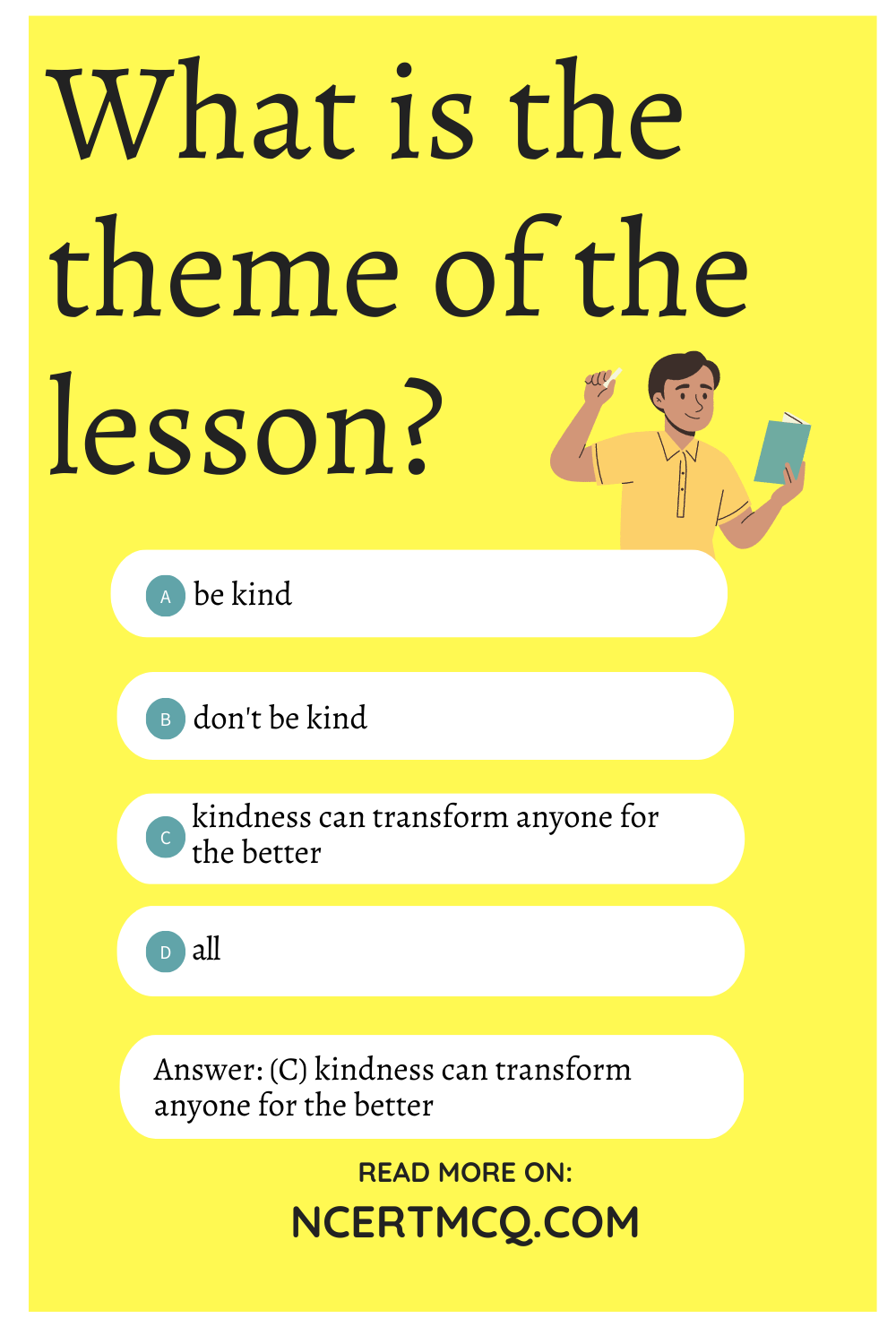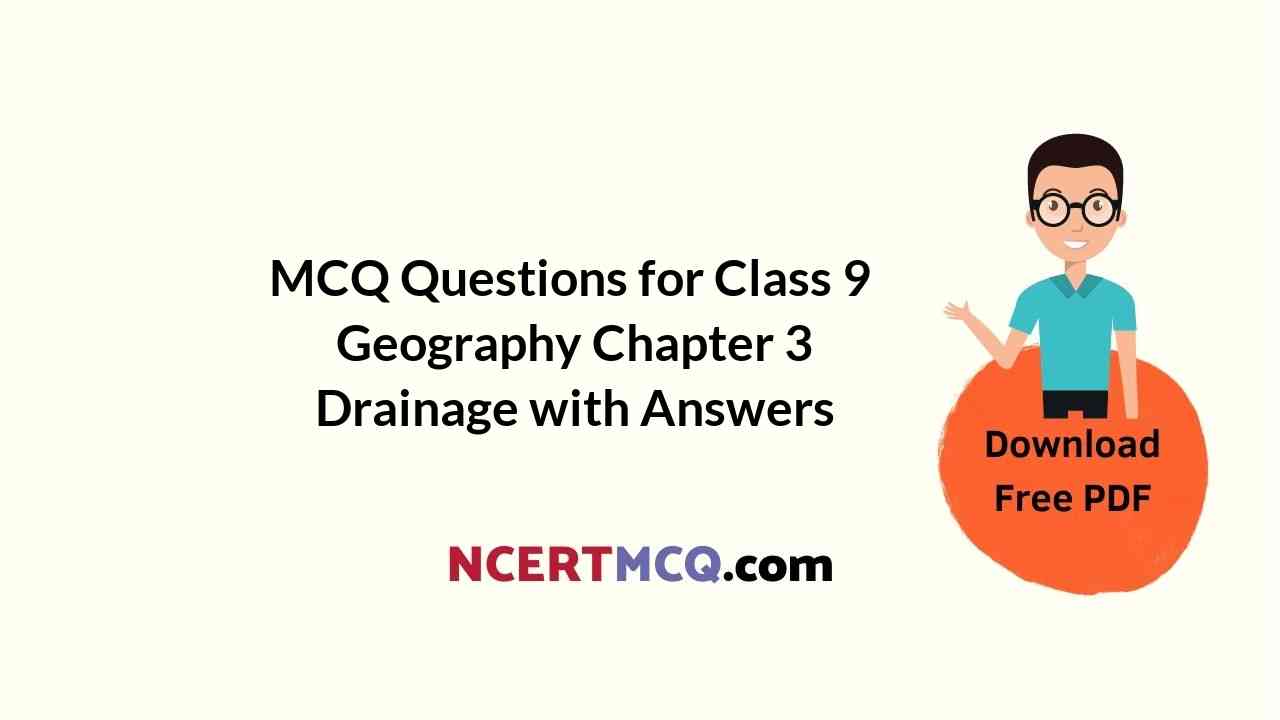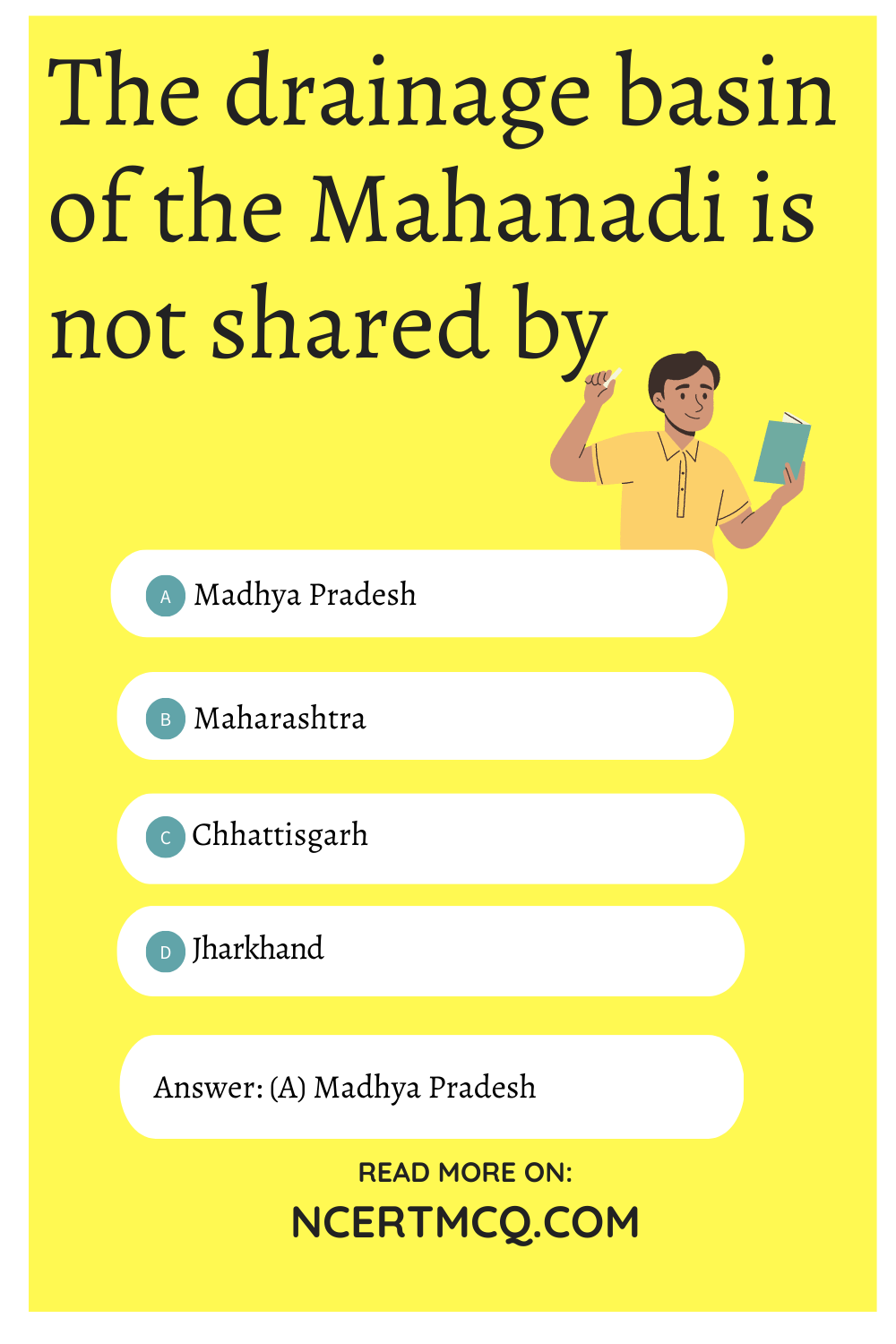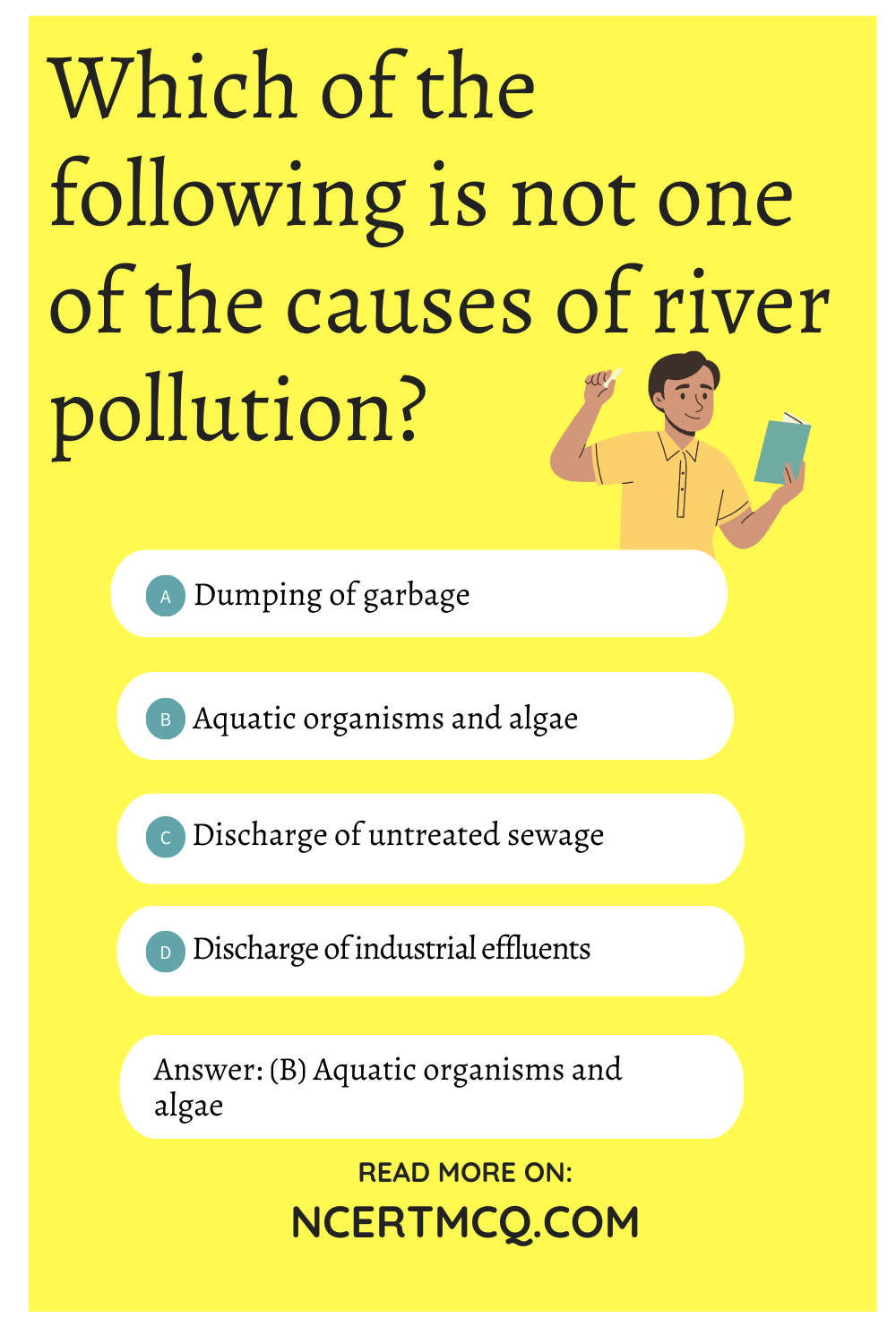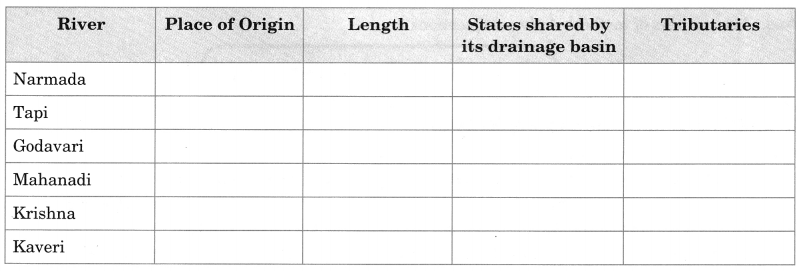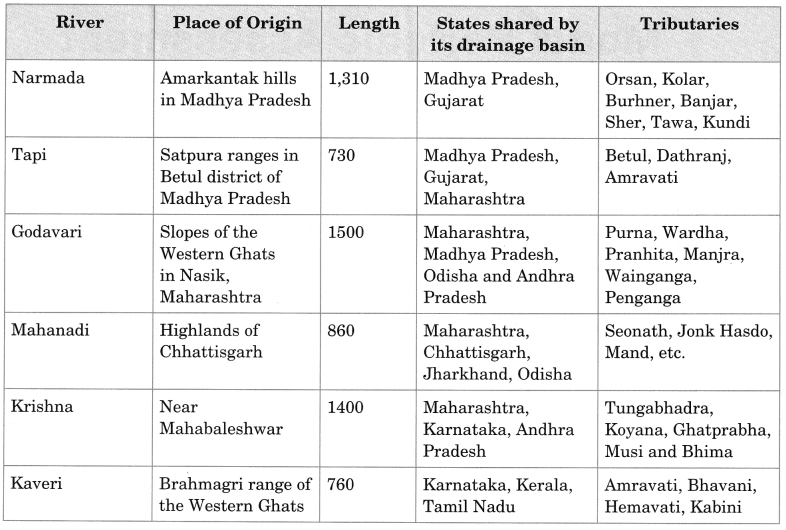Check the below NCERT MCQ Questions for Class 8 English Honeydew Poem 1 The Ant and the Cricket with Answers Pdf free download. MCQ Questions for Class 8 English with Answers were prepared based on the latest exam pattern. We have provided The Ant and the Cricket Class 8 English MCQs Questions with Answers to help students understand the concept very well. https://ncertmcq.com/mcq-questions-for-class-8-english-with-answers/
Students can also visit the most accurate and elaborate The Ant and the Cricket Class 8 Questions and Answers. Every question in the textbook has been answered here.
MCQ Questions for Class 8 English Honeydew Poem 1 The Ant and the Cricket with Answers
The Ant And The Cricket MCQ Class 8 Question 1.
What was the policy of the ants?
(a) Never borrow, never lend
(b) Always give and take
(c) Share and grow
(d) None of the above
Answer
Answer: (a) Never borrow, never lend
The Ant And The Cricket Class 8 MCQ Question 2.
What would he die of, if the ant didn’t help him?
(a) Starvation and famine
(b) Starvation and sorrow
(c) Starvation and poverty
(d) Starvation and weakness
Answer
Answer: (b) Starvation and sorrow
Ant And The Cricket Class 8 MCQ Question 3.
What did he want from the ant?
(a) Mouthful of grain
(b) Shelter from rain
(c) New clothes
(d) Only a and b
Answer
Answer: (d) Only a and b
Ant And The Cricket MCQ Class 8 Question 4.
When did the cricket begin to complain?
(a) Summers and spring
(b) When he was drenched in rain
(c) When he found his cupboard was empty
(d) All of the above
Answer
Answer: (c) When he found his cupboard was empty
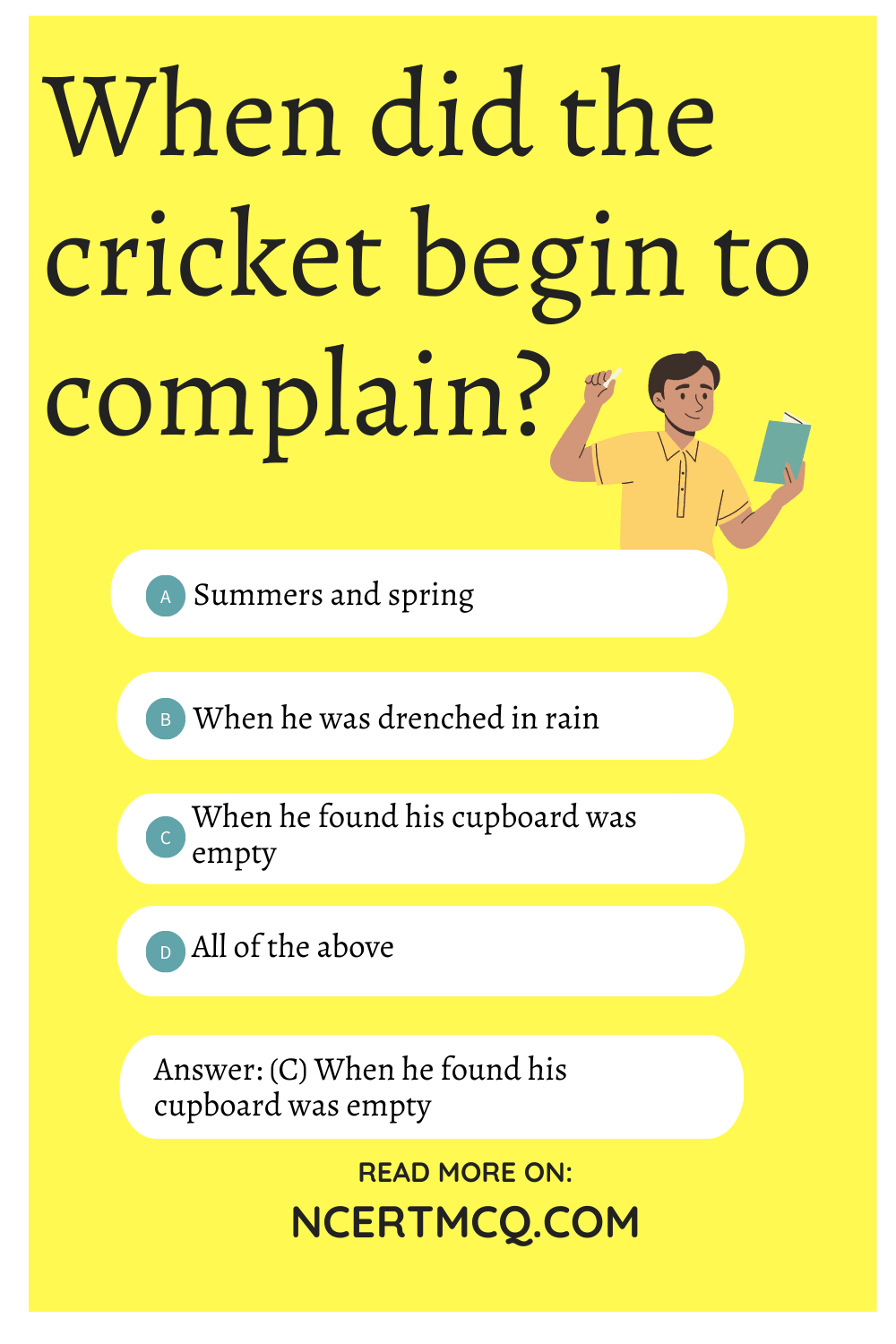
MCQ Of The Ant And The Cricket Class 8 Question 5.
Whose fables is the poem “The Ant and The Cricket” adapted from?
(a) Rudyard Kipling
(b) Paulo Coelho
(c) Dan Brown
(d) Aesop
Answer
Answer: (d) Aesop
Class 8 English The Ant And The Cricket MCQ Question 6.
What did the ant advise him to do all winter?
(a) Sing
(b) Dance
(c) Sleep
(d) Rest
Answer
Answer: (b) Dance
The Ant And The Cricket Class 8 Quiz Question 7.
Who said “I am your servant and friend”?(a) ant
(b) cricket
(c) both
(d) no one
Answer
Answer: (a) ant
The Ant And The Cricket MCQ With Answers Class 8 Question 8.
Did he wish to repay the ant?
(a) Yes
(b) No
(c) Maybe
(d) Not mentioned in the poem
Answer
Answer: (a) Yes
The Ant And The Cricket Poem MCQ Class 8 Question 9.
Which word is closest to the meaning ‘scarcity of food’?
(a) Sarvation
(b) Hunger
(c) Misery
(d) Famine
Answer
Answer: (d) Famine
Question 10.
The poet has described the cricket as-
(a) Silly
(b) Young
(c) Accustomed to sing
(d) All of the above
Answer
Answer: (d) All of the above
(1)
A silly young cricket, accustomed to sing
Through the warm, sunny months of gay summer and spring,
Began to complain when he found that, at home,
His cupboard was empty, and winter was come.
Question 1.
The passage is taken from
(a) Geography Lesson
(c) The Ant and the Cricket
(b) On the Grasshopper and Cricket
(d) The Duck and the Kangaroo.
Answer
Answer: (c) The Ant and the Cricket
Question 2.
The two qualities Of the Cricket described here are
(a) foolish and a singer
(b) wise and a singer
(c) foolish and a writer
(d) intelligent and a speaker.
Answer
Answer: (a) foolish and a singer
Question 3.
The weather in the poem is
(a) warm and gay
(b) cold and dry
(c) rainy and stormy
(d) hot and sunny.
Answer
Answer: (b) cold and dry
Question 4.
‘Accustomed to’ means
(a) happy
(b) unhappy
(c) used to
(d) irritated.
Answer
Answer: (c) used to
(2)
At last by starvation and famine made bold,
All dripping with wet, and all trembling with cold,
Away he set off to a miserly ant,
To see if, to keep him alive, he would grant
Question 1.
Who was suffering from starvation and famine ?
(a) the Ant
(b) the Cricket
(c) the poet
(d) a man.
Answer
Answer: (b) the Cricket
Question 2.
Why was he ‘dripping with wet’ ?
(a) It was raining hard.
(b) He had dived in a pond.
(c) He had no shelter.
(d) He had taken a bath.
Answer
Answer: (c) He had no shelter.
Question 3.
What did he expect to get from the miserly ant ?
(a) good advice
(b) food
(c) shelter
(d) food and shelter.
Answer
Answer: (d) food and shelter.
Question 4.
What does the word ‘grant’ mean ?
(a) kind
(b) generous
(c) take
(d) give.
Answer
Answer: (d) give.
(3)
Says the ant to the
cricket, “I’m your servant
and friend,
But we ants never
borrow ; we ants never
lend.
But tell me, dear cricket,
did you lay nothing by
When the weather was
warm ?” Quoth the cricket,
“Not I !
Question 1.
What do you think that of the ant’s behaviour ? What was it like ?
(a) a servant
(b) a friend
(c) both
(d) neither
Answer
Answer: (d) neither
Question 2.
What do the ants not do according to the passage?
(a) don’t borrow
(b) neither borrow nor lend
(c) don’t lend
(d) don’t help.
Answer
Answer: (b) neither borrow nor lend
Question 3.
The ant scolded the Cricket because
(a) he never lent
(b) he never borrowed
(c) he never saved
(d) he was foolish.
Answer
Answer: (c) he never saved
Question 4.
The word ‘Quoth’ means
(a) wept
(b) laughed
(c) said
(d) asked.
Answer
Answer: (c) said
(4)
Thus ending, he hastily lifted the wicket,
And out of the door turned the poor little cricket.
Folks call this a fable. I’ll warrant it true :
Some crickets have four legs, and some have two.
Question 1.
Who lifted the wicket ?
(a) the Ant
(b) the Cricket
(c) the poet
(d) a man.
Answer
Answer: (a) the Ant
Question 2.
Why did he lift the wicket ?
(a) because it was so light.
(b) because he was tired.
(c) because he wanted his visitor to go.
(d) because it was cold.
Answer
Answer: (c) because he wanted his visitor to go.
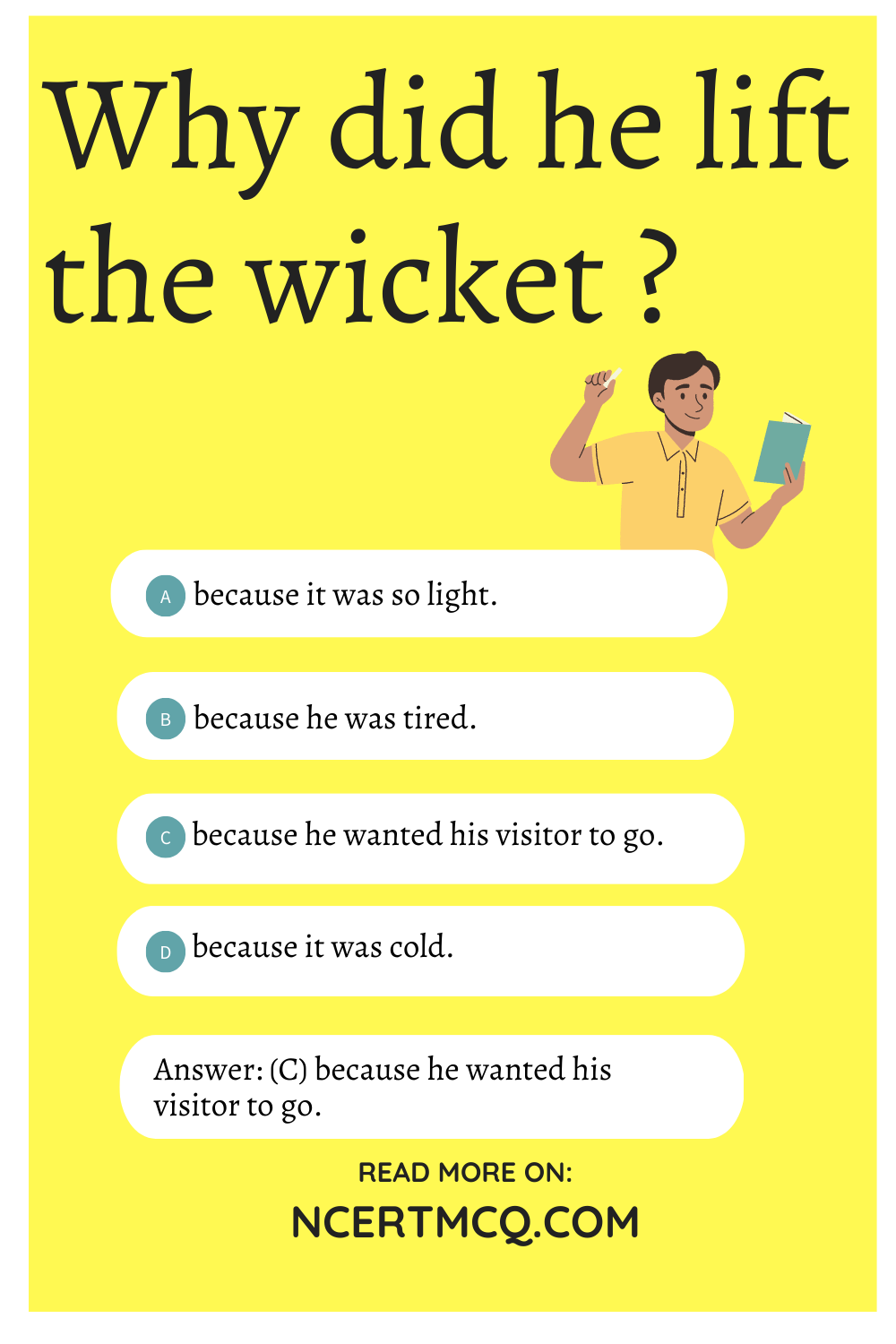
Question 3.
What does the poet mean when he says that ‘some crickets have two legs’ ?
(a) These are some strange crickets with two legs.
(b) The poet dislikes all crickets.
(c) The poet is referring to people who do not save for a rainy day.
(d) All men are crickets with two legs.
Answer
Answer: (c) The poet is referring to people who do not save for a rainy day.
Question 4.
The word ‘fable’ here means
(a) able
(b) poem
(c) epilogue
(d) story with a moral.
Answer
Answer: (d) story with a moral.
(5)
Not a crumb to be found
On the snow-covered ground ;
Not a flower could he see,
Not a leaf on a tree.
Question 1.
Who was looking for the crumbs ?
Answer
Answer: The Cricket was looking for the crumbs.
Question 2.
What did the Cricket usually do ?
Answer
Answer: Usually the Cricket sang.
Question 3.
Why was the Cricket worried ?
Answer
Answer: The Cricket was worried because he had no food.
(6)
Him shelter from rain,
And a mouthful of grain.
He wished only to borrow ;
He’d repay it tomorrow ;
If not, he must die of starvation and sorrow.
Question 1.
Who is ‘him’ in the first line ?
Answer
Answer: ‘Him’ refers to the Cricket.
Question 2.
What did he want ?
Answer
Answer: He wanted food and shelter.
Question 3.
From whom did he hope to borrow ?
Answer
Answer: He hoped to borrow from the ant.
Question 4.
Give the opposite of the word ‘borrow’.
Answer
Answer: lend.
(7)
My heart, was so light
That I sang day and night,
For all nature looked gay.”
“You sang, Sir, you say ?
Go then,” says the ant, “and dance the winter away.”
Question 1.
Whose heart was it ? How did it feel ?
Answer
Answer: It was Cricket’s heart. It felt very happy.
Question 2.
What did he do ?
Answer
Answer: He sang day and night.
Question 3.
How was the weather ?
Answer
Answer: The weather was fine.
Question 4.
Who questions the wisdom of his action ?
Answer
Answer: The ant questions the wisdom of his action.
We hope the given NCERT MCQ Questions for Class 8 English Honeydew Poem 1 The Ant and the Cricket with Answers Pdf free download will help you. If you have any queries regarding CBSE Class 8 English Poem The Ant and the Cricket MCQs Multiple Choice Questions with Answers, drop a comment below and we will get back to you soon.
